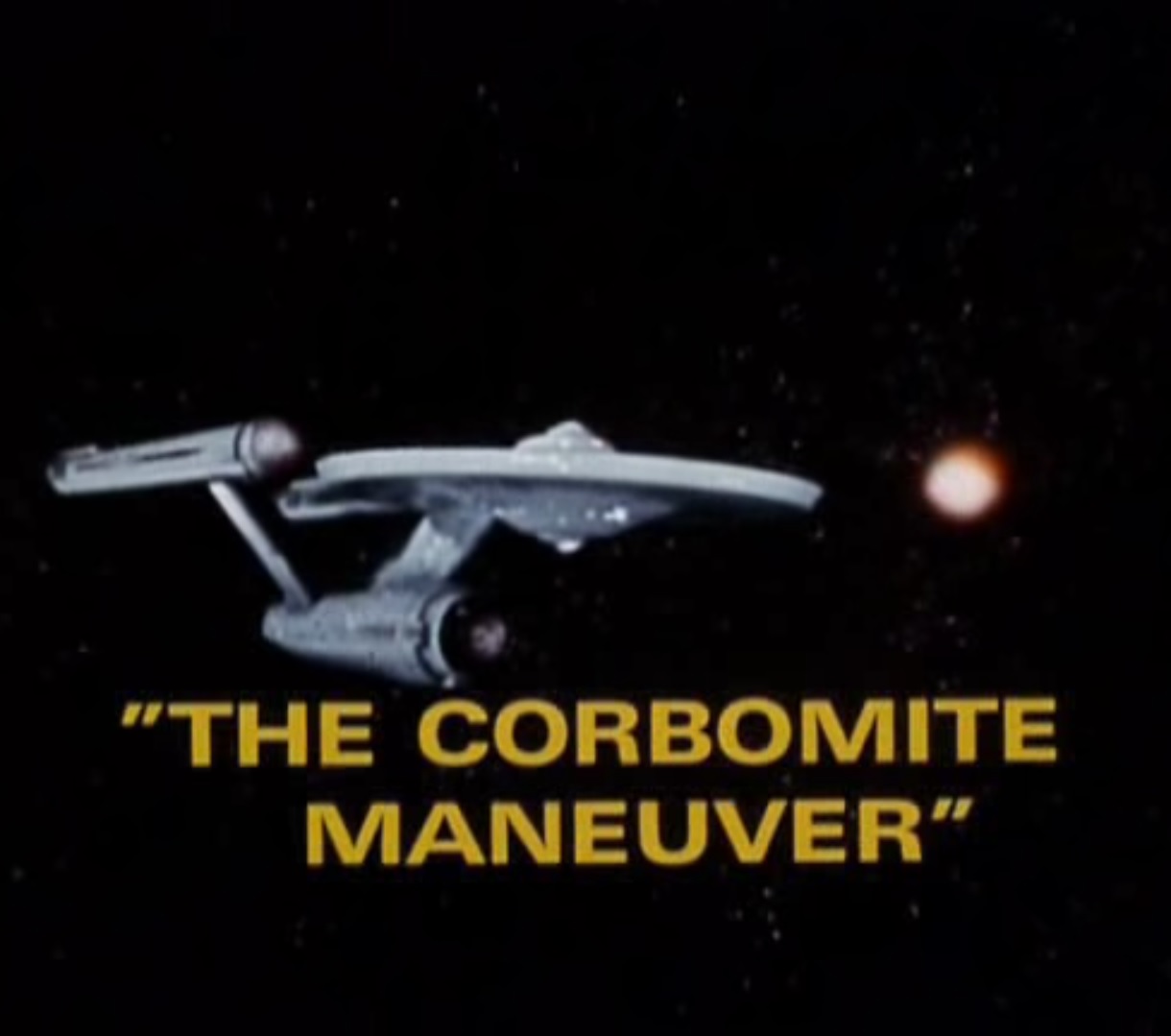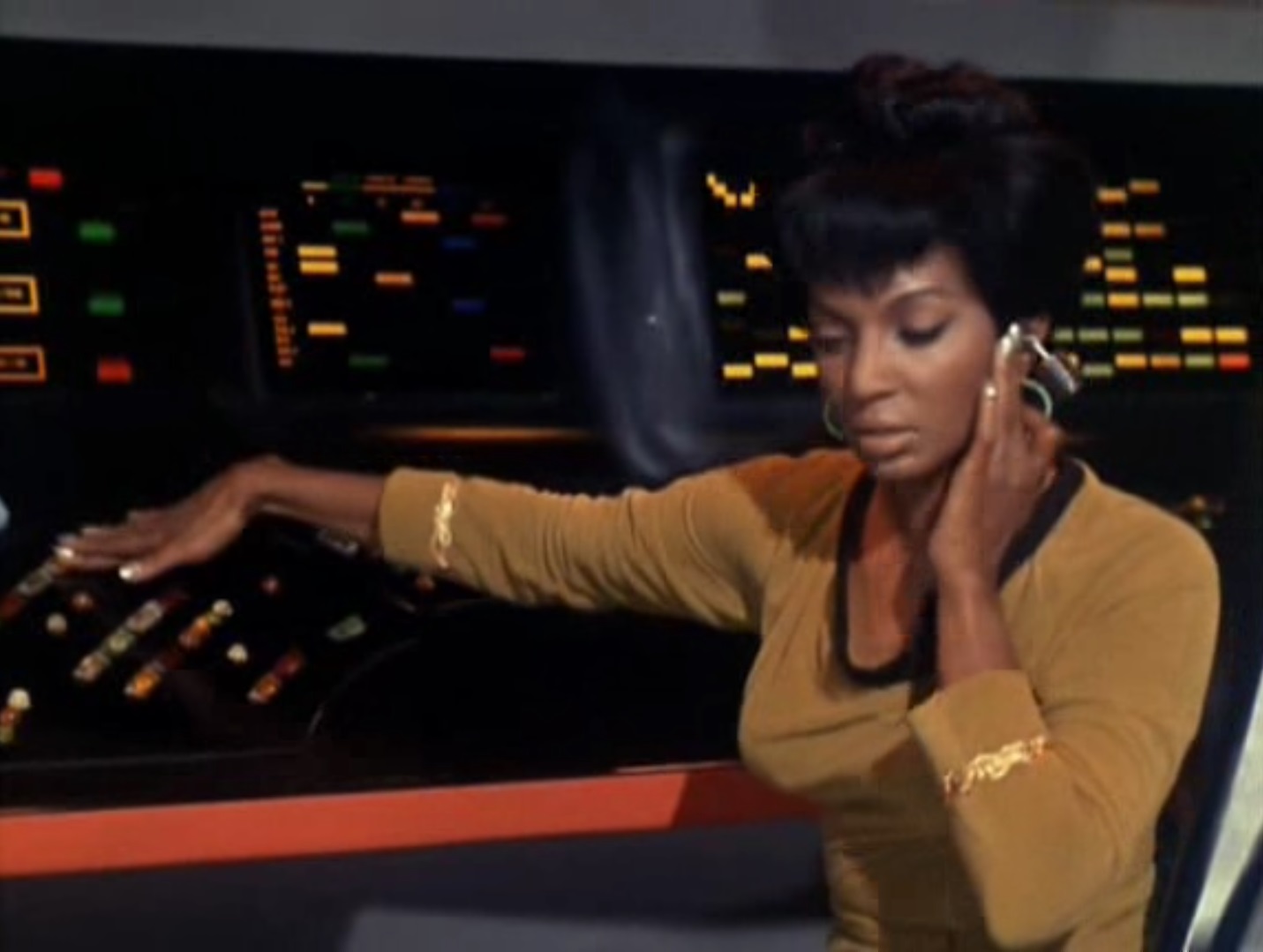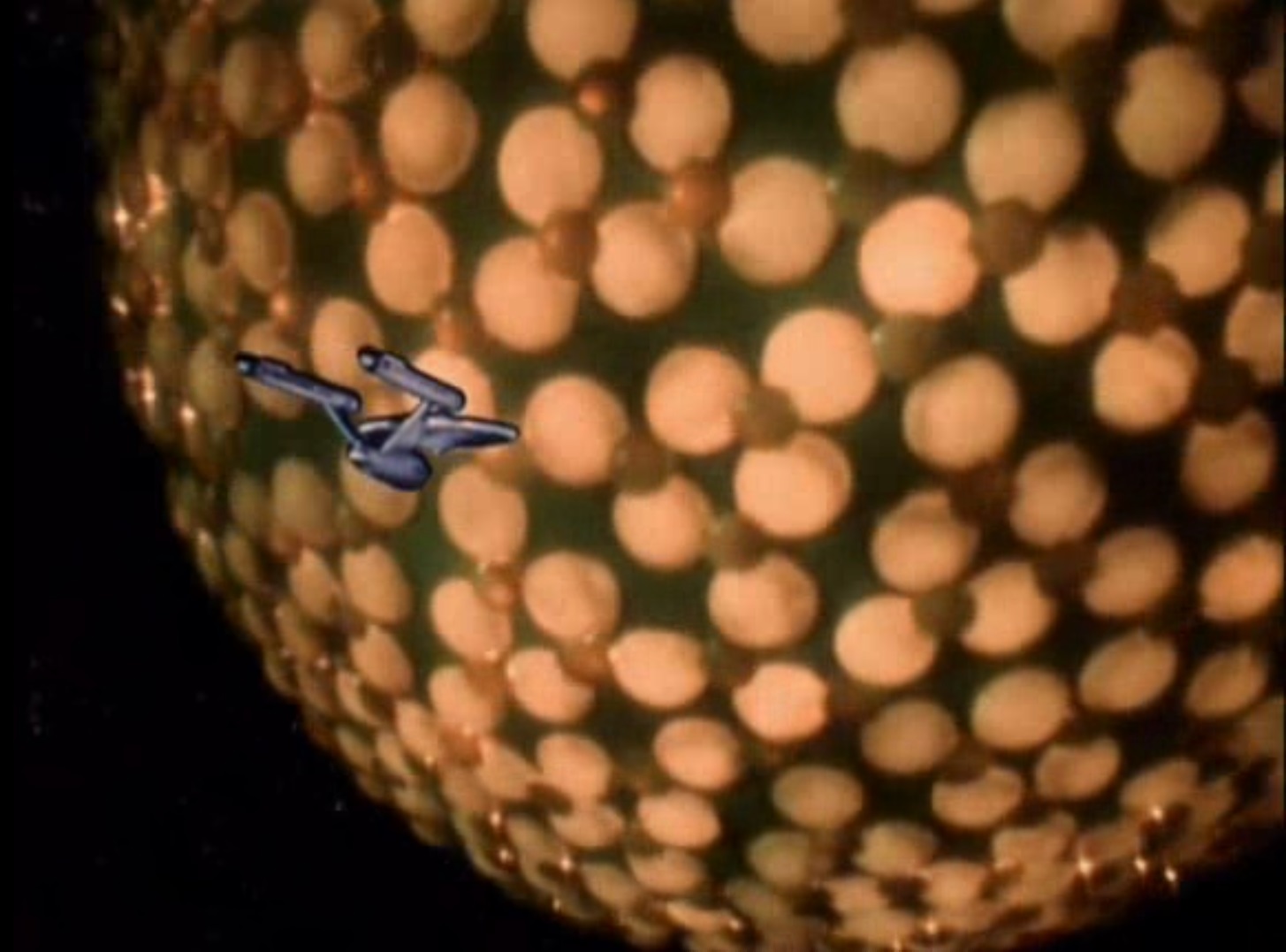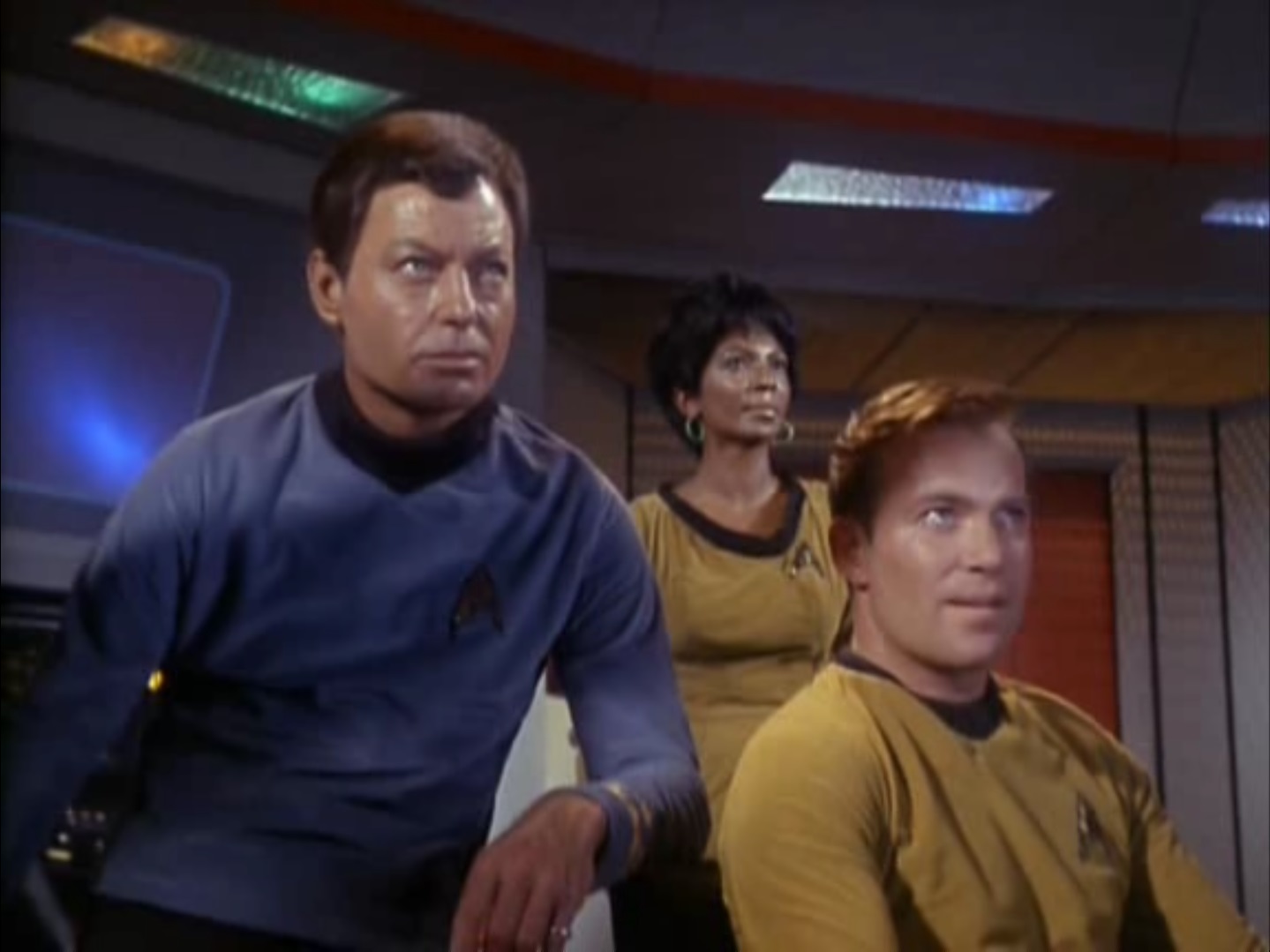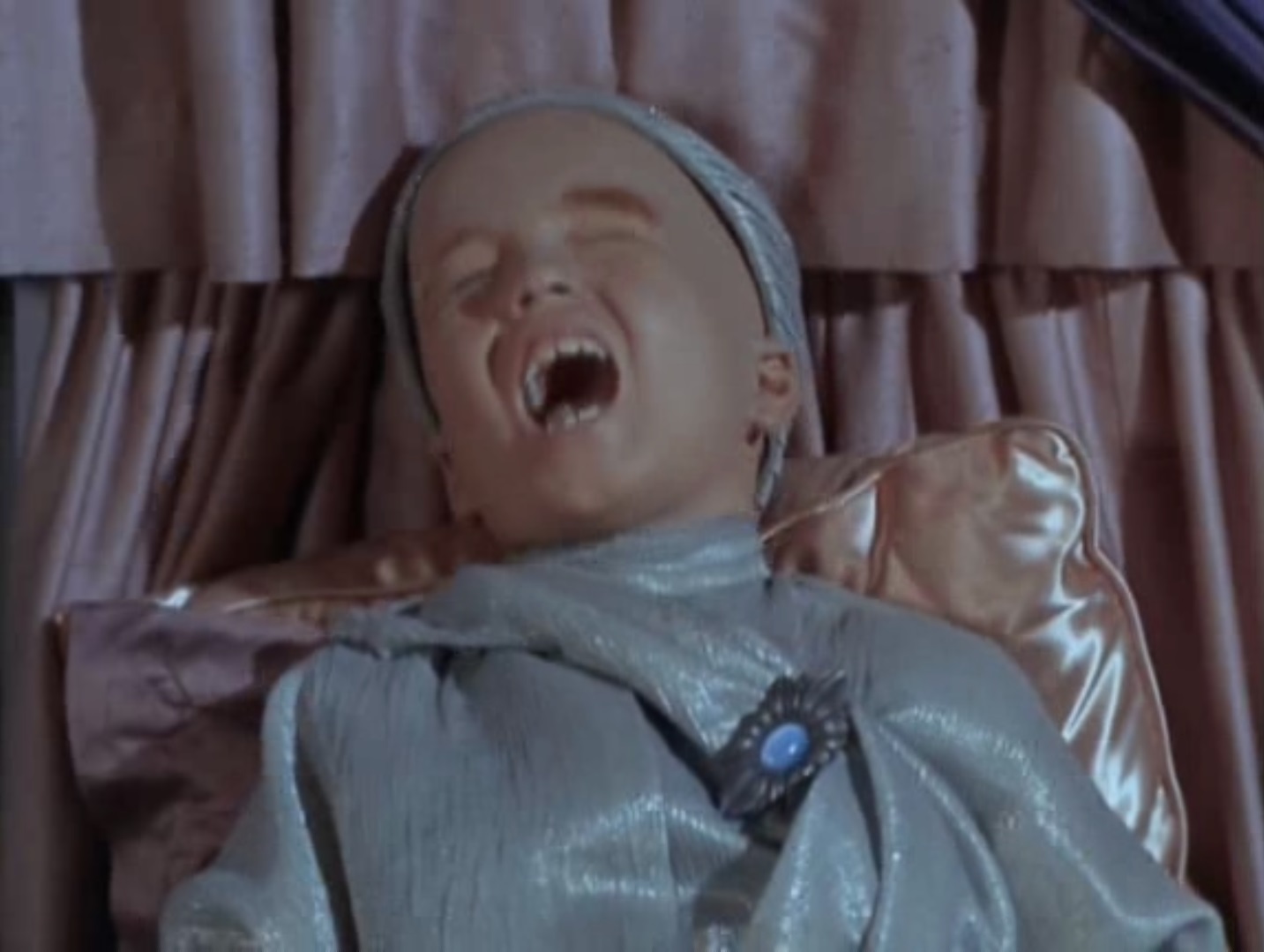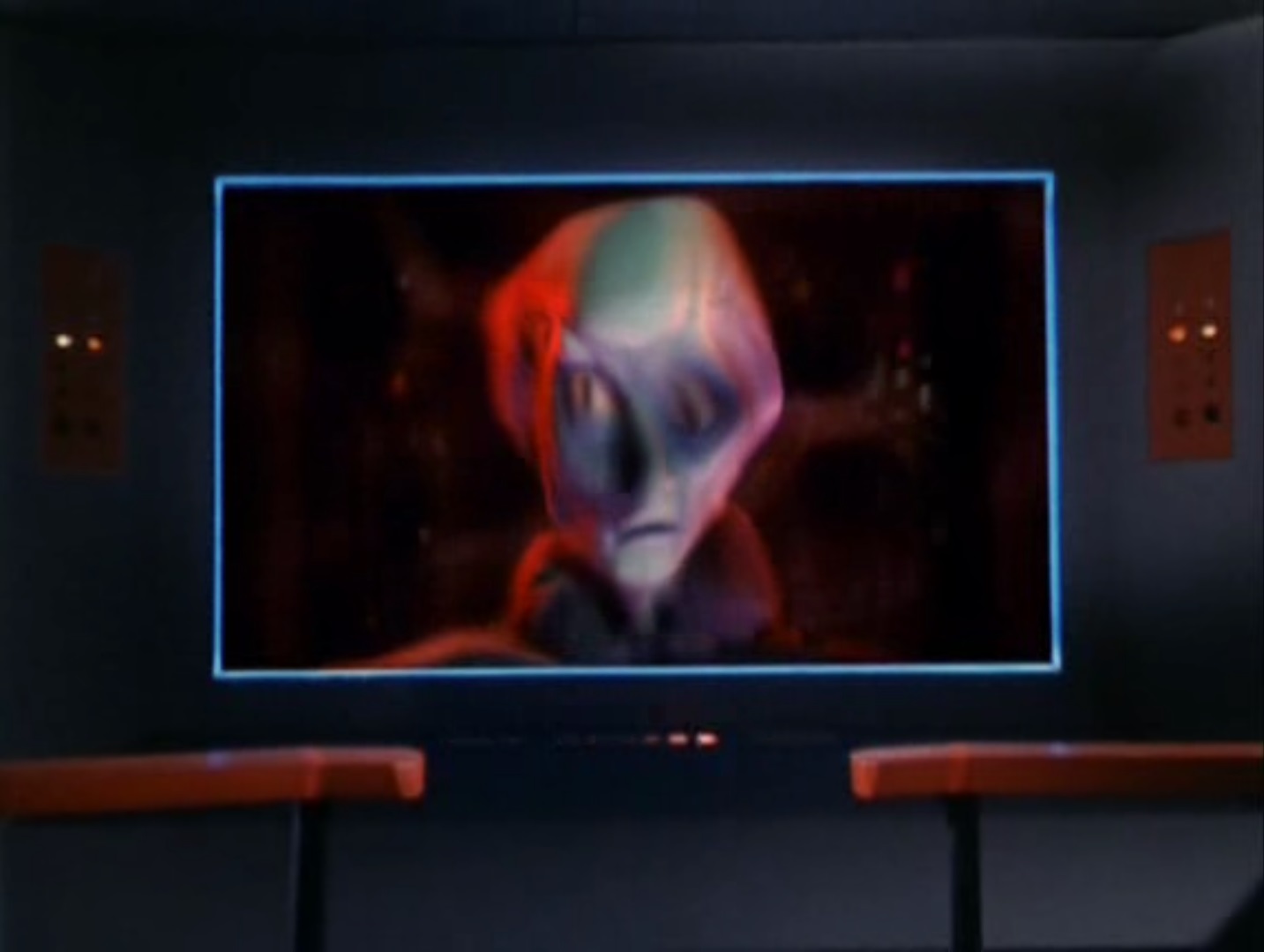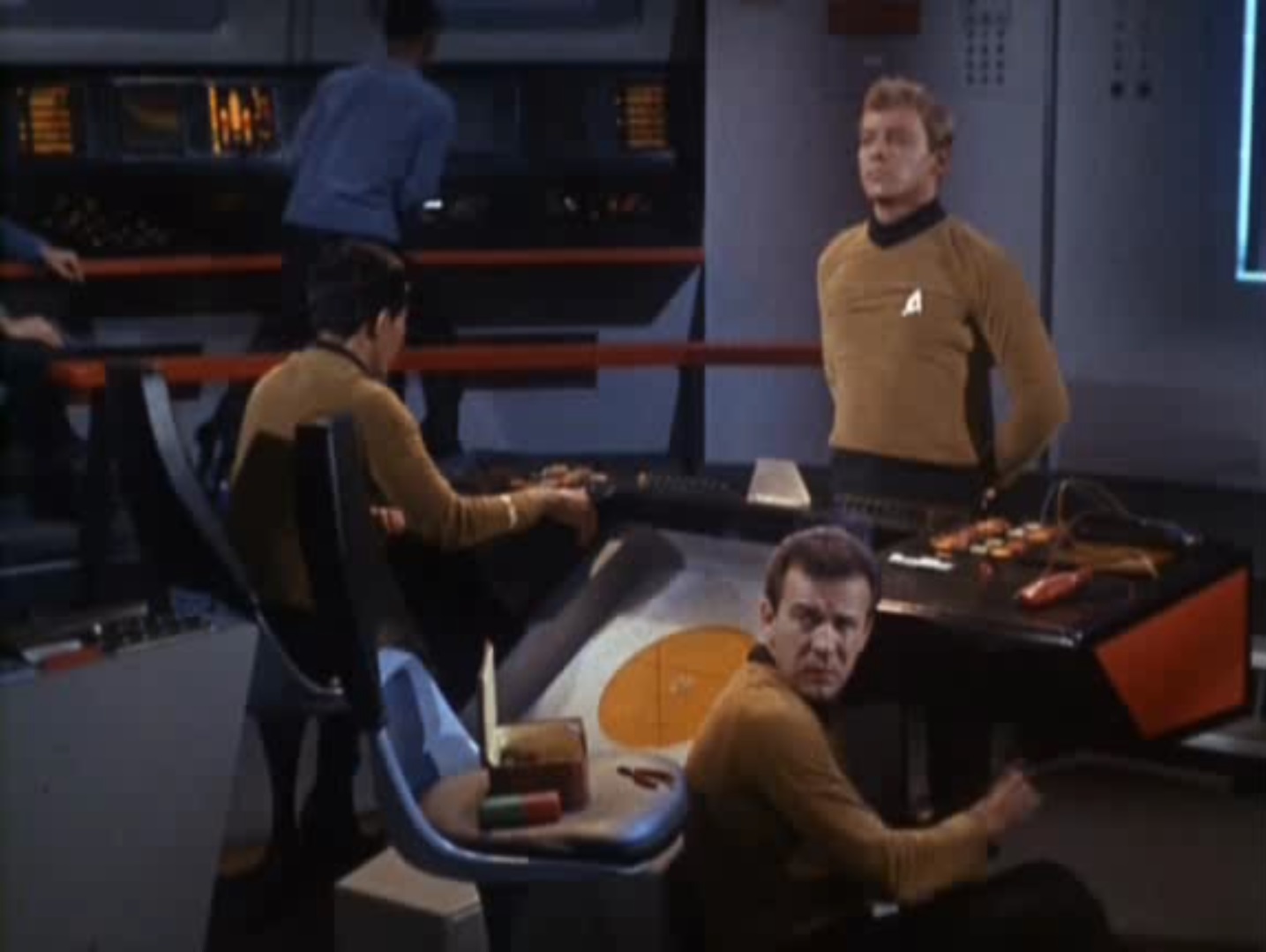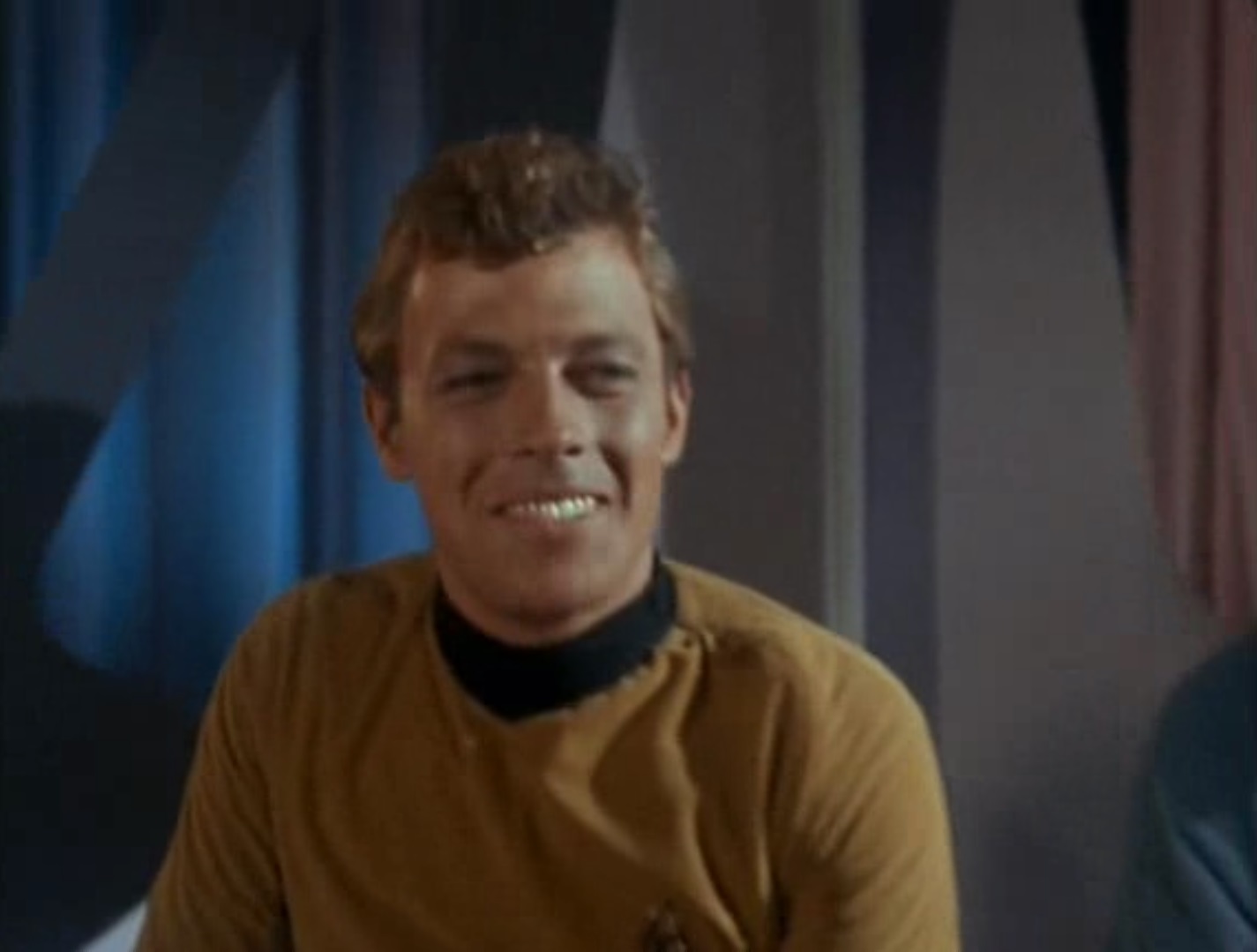
by Erica Frank
We join the Enterprise on Stardate 3025. The crew has had a rough few months and desperately needs some downtime. Fortunately, they have found what seems to be an ideal uninhabited planet for shore leave.
While the planet seems almost fairy-tale idyllic, with open meadows and pastoral lakes and meandering paths, it is soon clear that something strange is afoot. McCoy sees what he is sure is a hallucination: A man-sized rabbit holding a pocketwatch, muttering "I'm late" before hopping out of sight.

Not what we expected on an alien planet.
But the scan results are clear: No animal life found on the planet. No birds, no mammals, no insects.
Nobody asks why there are paths through the woods and around the lake, if there are no creatures to make them. Nobody asks why there are tree stumps. Nobody asks what's pollinating the flowers. …Nobody notices the antenna that tracks their movements.
A Grin Without a Cat
They split up to investigate, and Kirk finds someone who cannot possibly be here: Finnegan, a fellow he knew from the Academy. Finnegan was a practical joker who targeted Kirk all the time.

He looks like a fun fellow. (This looks like the ship's uniforms, but it's sparkling silver. How many outfits does Starfleet have?)
Finnegan immediately throws a punch at the Captain, but their fight is cut short when other crew members are in danger—Kirk rushes off to protect Barrows from Don Juan. Then Sulu gets chased by a samurai while the other team hides from a tiger. Spock beams down into this mess, and they discover their phasers aren't working and communications are down: they'll have to deal with the planet's problems on their own.
McCoy decides, "This is all hallucinations," and gets himself stabbed by a charging knight. It seems McCoy has forgotten every hallucination-inflicting alien they've encountered so far, starting with the salt vampire: The lance may be a hallucination, but the damage is real. If he thinks it's all hallucinations, why did he encourage Yeoman Barrows to swap her uniform for the princess dress they found? Is he happily imagining that she's actually wandering around naked?
While the team looks for answers, Finnegan reappears. Kirk, never one to skip out on a fight, chases him. Finnegan is tricky and tough, but Kirk refuses to give up.

I like Finnegan. He can punch the shirt off strapping young captains.
Kirk fights better once his shirt is torn. (I think Kirk gets special tear-away uniforms to enhance his fighting skills.) He eventually overcomes Finnegan, as he never could as a student, and grins. Spock, bemused that Kirk enjoyed the fight, realizes what's happening: Something is reading their thoughts and providing them the exact experiences they're seeking, even if those are dangerous.
They need to warn the others and figure out how to stop it. But first: They must escape the tiger and an airstrike! (Did the producers just have some airstrike footage they wanted to use? The samurai wasn't dangerous enough?) Kirk and Spock dodge for shelter together, pulling each other to safety as they dodge dangers from land and sky.

I'm sure this embrace was very relevant to the plot.
The surviving crew members meet back at the Glade. A very angry Kirk demands they stand at attention, not even thinking, while he looks around for… something, someone.
A man in a green robe walks out to greet them. He's the caretaker of this place, a kind of amusement park: Anything you imagine can be your exciting adventure here.
Kirk points out that adventures are substantially less fun when people die—but it turns out nobody is dead; McCoy was healed in their underground facilities. No harm done, all in good fun, and so on.

The druidic version of Mr. Green Jeans remains nameless.
Kirk asks the caretaker who his people are, but he demurs: "Your race is not yet ready to understand us." However, he welcomes them to enjoy the planet. With communications restored, Kirk orders the other teams to beam down for their shore leave.
This was a delightful episode. I believe this is the first time we've encountered godlike telepathic and technological powers that are not used to threaten and control people.
I hope to see more aliens like this, an advanced race that uses its abilities for peaceful, benevolent purposes. They aren't going to share their technology with still-warlike humans, but they open their vacation resort to those who need a break from their busy lives.
Five stars. Fun to watch, a return of Shirtless Kirk, and an immensely satisfying conclusion.
“Drink Me”

by Janice L. Newman
This was a fun and rollicking episode. At the same time, I found it unsettling.
In order for the story to work, the crew have to behave in ways that are out of character for a military crew. Not only do they not seem to notice the discrepancies Erica noted above, but they allow themselves to be distracted, separated, and discombobulated throughout the story. When Kirk meets his childhood sweetheart, he can’t take his eyes off her, unable to finish his sentences even as he’s having an important conversation with a member of his crew. Yeoman Barrows has no hesitation about changing into a fairy-tale dress she randomly finds, and McCoy has no hesitation in urging her to do it. When Sulu finds a gun under a rock, he picks it up and starts firing it.
These are not the actions of trained specialists.

The only thing that really makes sense is to assume that the planet has a built-in relaxing effect on the mind. Whether there’s some sort of drug in the air or something even more sophisticated — perhaps some sort of ray along the lines of what we saw in “Dagger of the Mind”, except this one causes mild euphoria instead of forgetfulness — it’s a little disturbing.
It’s perfectly logical that such a planet might have “something in the air” intended to help its visitors let go of their cares and worries. The people and things they encounter aren’t real, after all, and this might have a dampening effect if one thinks about it too hard (Kirk’s first love was nothing but a complex robot, yet even knowing this, he doesn’t hesitate to take his own shore leave at the end of the episode, very clearly looking forward to enjoying her charms). Some kind of ‘euphoria effect’ that helps the attendees of this planet-sized amusement park suspend disbelief in order to enjoy themselves seems almost a necessity.
However, the crew encounters and is influenced by whatever it is without any chance to say ‘no, thank you’. Even at the end, Kirk tells the Enterprise to start beaming people down, presumably with the intent of informing them of what kind of planet it is, but never mentions the euphoria effect. Do the crew even realize their minds have been affected? Will they recognize it after they leave?
As someone who values her ability to think in a straight line, I found the idea of being drugged without my knowledge disconcerting at best, and outright violative at worst. Not to mention, we don’t know how far the effect goes. Could it become addictive over time? Could it have other long-term consequences?
The existence of the euphoria effect is all extrapolation anyway, so maybe it shouldn’t bother me so much. But the alternative, that the crew just behaved unprofessionally and out-of-character for no reason at all, is even worse! Either way, it knocked the episode down for me a little, bringing it to three and a half stars.
”Pleasure Planet”

by Tam Phan (Secret Asian Man)
When we think of science fiction, we don’t often consider what entertainment will look like in the future. Our technology is so advanced that it’s hard to imagine what we might be able to accomplish in our lifetimes, let alone in the distant future–and so often, science fiction focuses on the advanced ways we might harm each other. But how about how we might please each other, or ourselves? Color television is the pinnacle of modern entertainment, and it seems that, in every episode, with marvelous plots and better special effects, Star Trek keeps pushing those boundaries.
“Shore Leave” conceives an entirely new level of entertainment.
Currently, Disneyland is the only thing that comes close, and if you’ve ever had the chance to visit, you’ll understand the boldness of that statement. But where Disneyland brings one man's imagination to life (that of Walt Disney, sadly gone from this world as of last month), "Shore Leave" presents an entire planet designed to grant your every wish. Maybe calling that an amusement park is an understatement, but there’s no better way to describe the way my head is still spinning with all the things that I would love to do if granted that opportunity.

Though, with all its ability, it seemed that the planet required a bit of suspension of disbelief on the part of the participants to be fully engaged. Maybe the planet was causing the landing crew to be less restrained. It’s not too much of a stretch to believe that the planet was also able to put people’s minds at ease. The vision is really what’s important. The point was to create a pleasure planet, and they accomplished that.
We, the audience, know that it’s not real. Even the emotional McCoy eventually determined that it wasn’t. It didn't keep him from being run through with a lance, but that’s beside the point. Of course, McCoy wasn’t permanently harmed in the process of fulfilling any fantasies, but he also couldn't fully enjoy himself until he let go of his inhibitions. It wasn’t until Kirk gave into his desire to “beat the tar out of Finnegan” that he was able to take full advantage of the planet’s capabilities. It was never made clear as to why the crew was acting a bit strange, but maybe this is just a reminder that suspending my own disbelief might make this a more enjoyable experience.
If entertainment comes anywhere close to this in the future, we’re in for a treat. Until then, I’m looking forward to the next episode of Star Trek on my color television.
Four stars.
Getting to know you

by Gideon Marcus
We've gotten hints of Captain Kirk's background before "Shore Leave"–we knew he was a stack of books with legs in his Academy days. That he almost married a blonde woman Gary Mitchell steered his way. And that he suffered on Tarsus IV under the iron hand of Governor Kodos. But for the most part, the history of James Kirk has been a mystery.
In one swell foop, we get confirmation that Kirk was "positively grim", we learn that he once deeply loved an older woman (the "blonde"?), that he was hounded by an upperclassman named Finnegan. We also find out that the Captain enjoys an occasional Vulcanian backrub; I imagine Spock has special nerve pinches for tight lumbars.
Also fleshed out is McCoy, who finally gets to carouse after his traumatic "reunification" with a former flame back in "The Man Trap". The doctor is quite charming, really, and I can see why he caught the eye of Yeoman Barrows (though I have to wonder if this relationship would have been kindled elsewhere than in the befuddling airs of the Shore Leave planet).

And finally, we're learning something about the universe as a whole. There are three types of science fiction universe: those with lots of aliens, those with few aliens, and those with only humans. Star Trek clearly takes place in the first of those types of settings. We have seen almost as many races as we've watched episodes. Most of them are indistinguishable from humans, but the Talosians, Vulcanians, Romulans and Thasians make clear that there are far out aliens as well.
So numerous are the aliens, and so familiar are the forms of many of them, that I suspect there will be some kind of explanation for the phenomenon. "Miri" already has suggested one. I look forward to the revelation when it happens.
In any event, a poll of our usual watching crew has elicited a wide range of appraisals for "Shore Leave", from 3 to 5. For myself, there was never a moment I was not thoroughly enjoying the episode.
Five stars.
And come join us watching the next episode tomorrow at 8:30 PM (Eastern and Pacific):


![[January 4, 1967] Six Impossible Things Before Breakfast (<i>Star Trek</i>: Shore Leave)](https://galacticjourney.org/wp-content/uploads/2022/01/670104title-672x372.jpg)

![[December 24, 1966] Unquiet on the Romulan Front (<i>Star Trek</i>: "Balance of Terror")](https://galacticjourney.org/wp-content/uploads/2021/12/661224title-672x372.jpg)












![[December 18, 1966] The Manchurian Colonel: <i>Space Patrol Orion</i>, Episode 7: "Invasion"](https://galacticjourney.org/wp-content/uploads/2021/12/Raumpatrouille-Orion_1499343747406665-672x372.jpg)

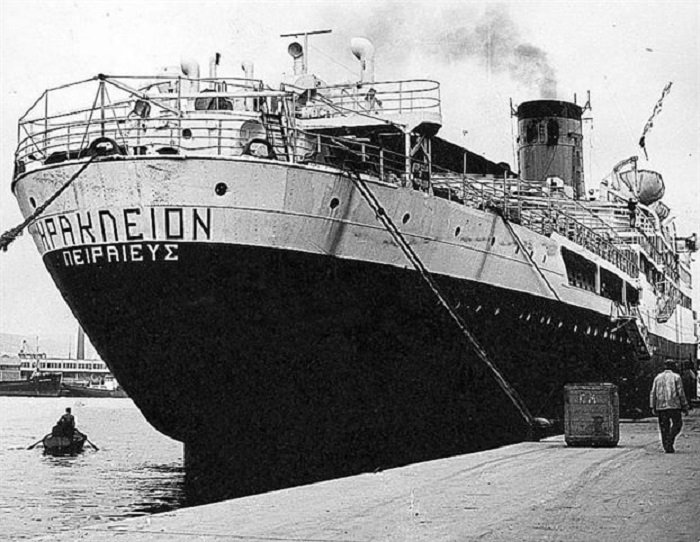
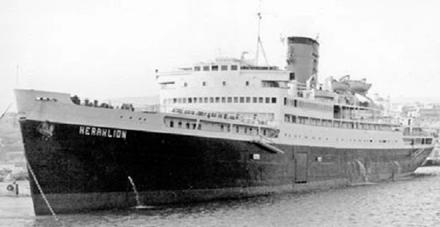
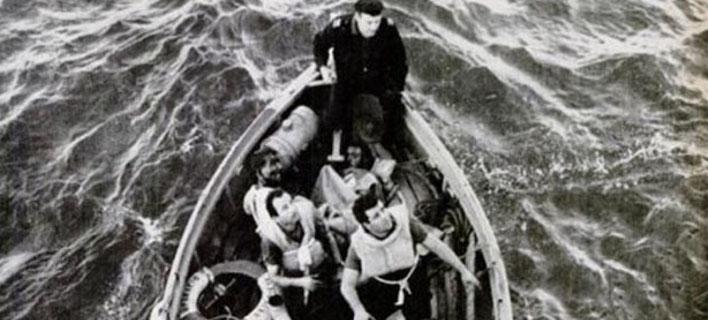
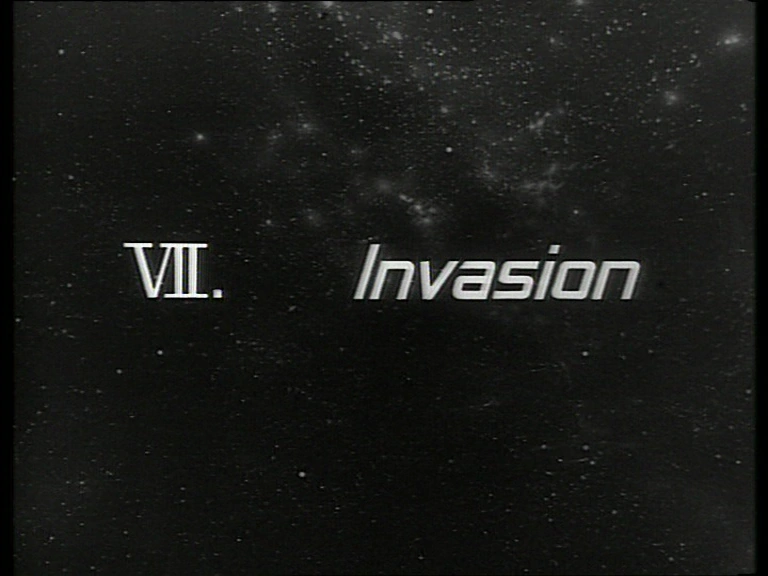
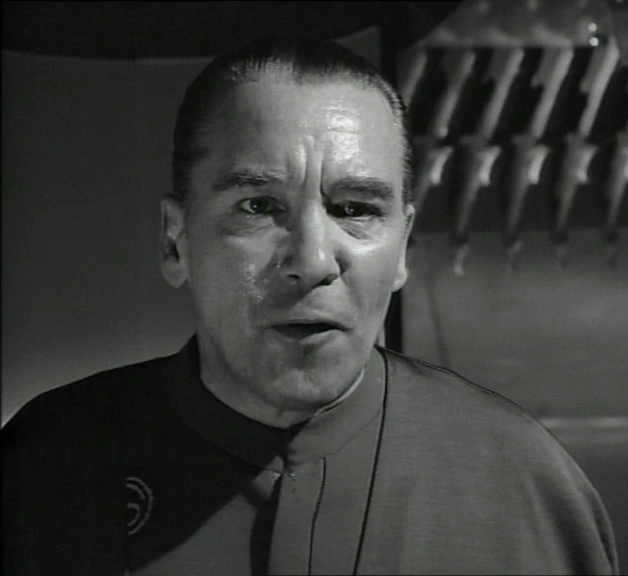

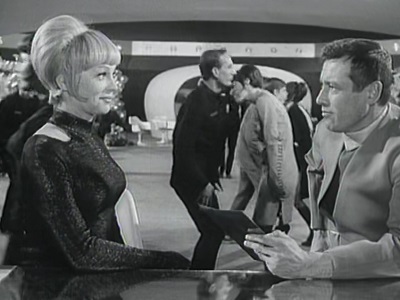
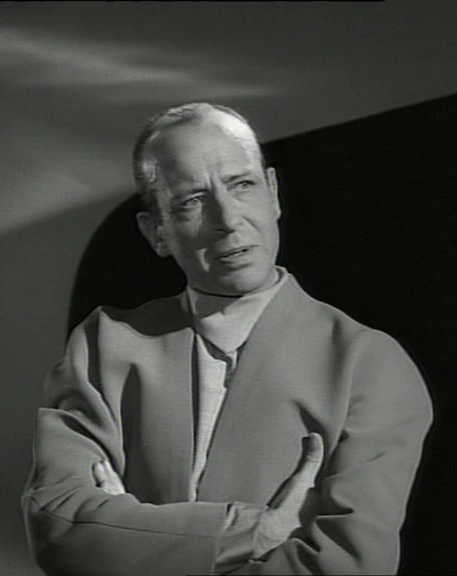
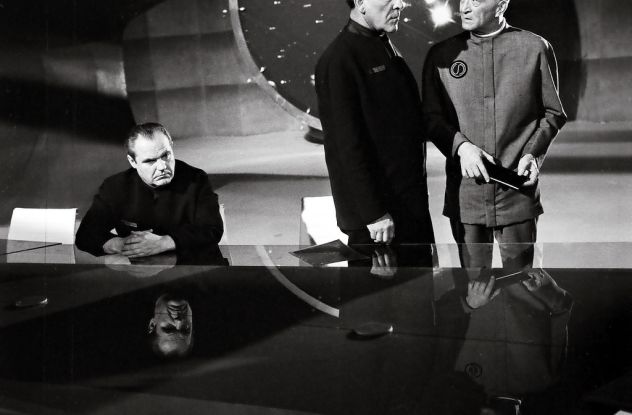
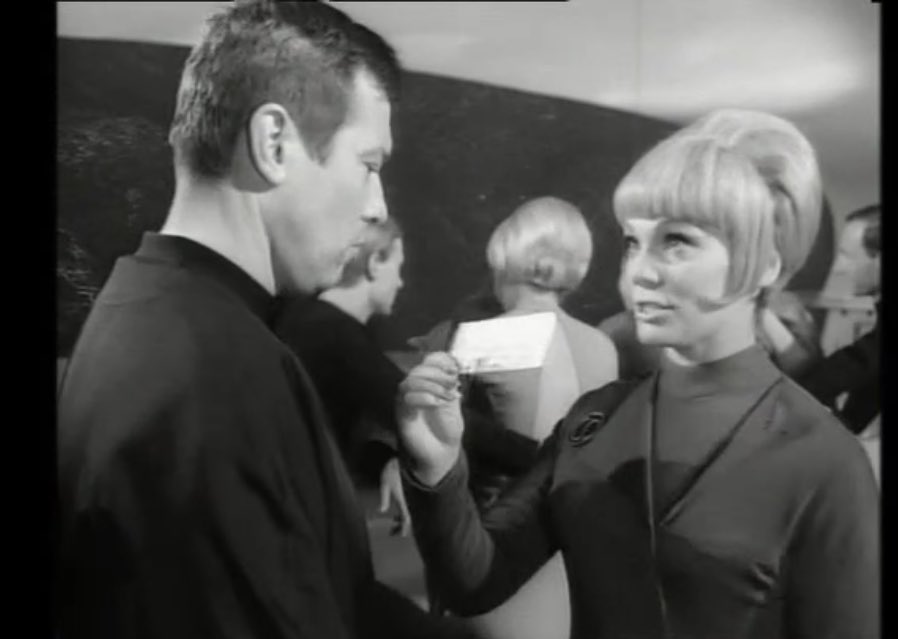
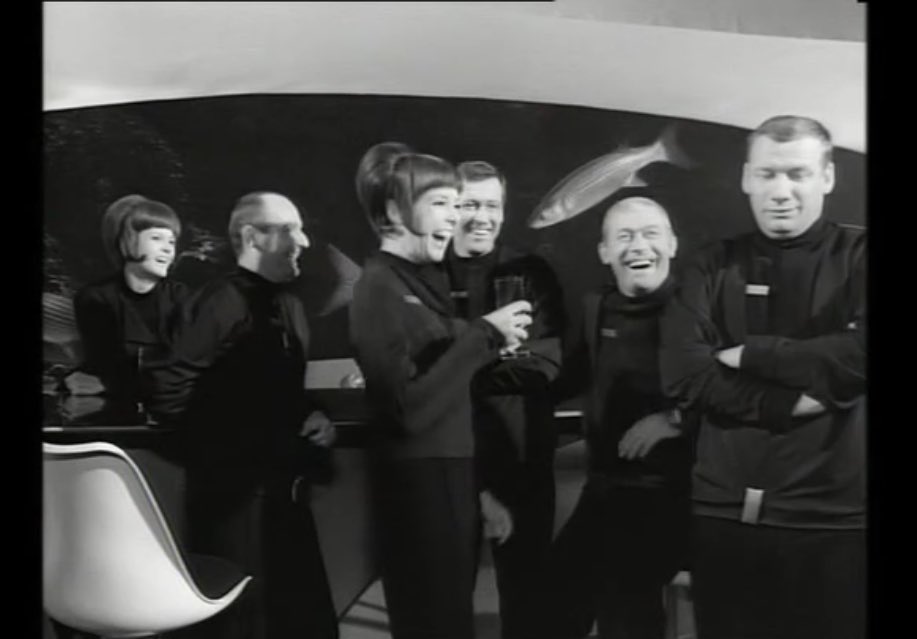
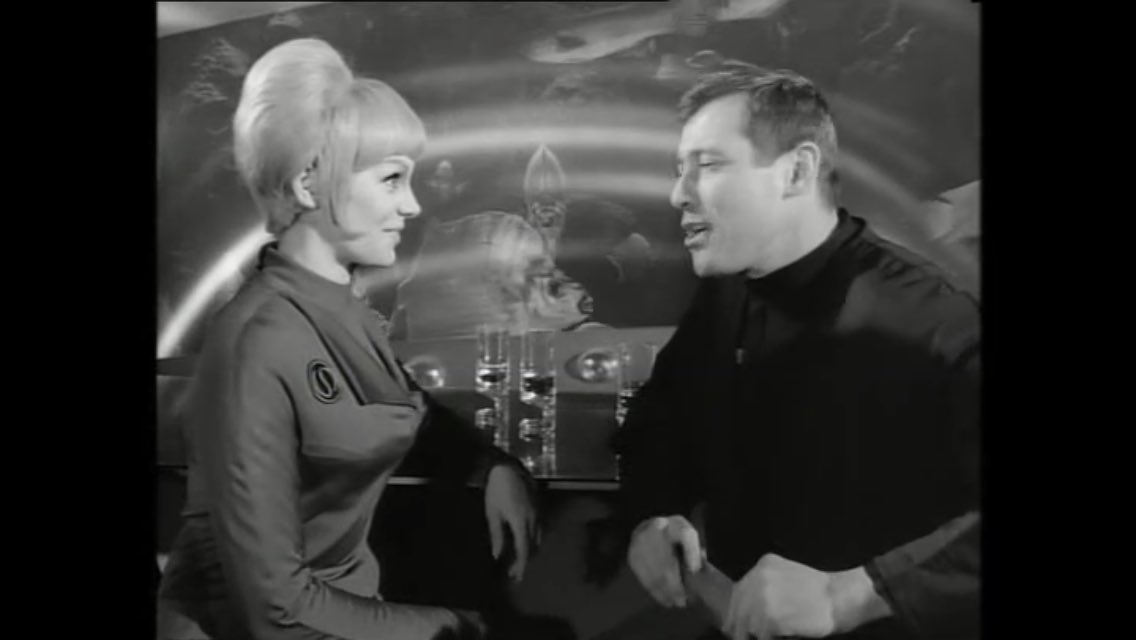
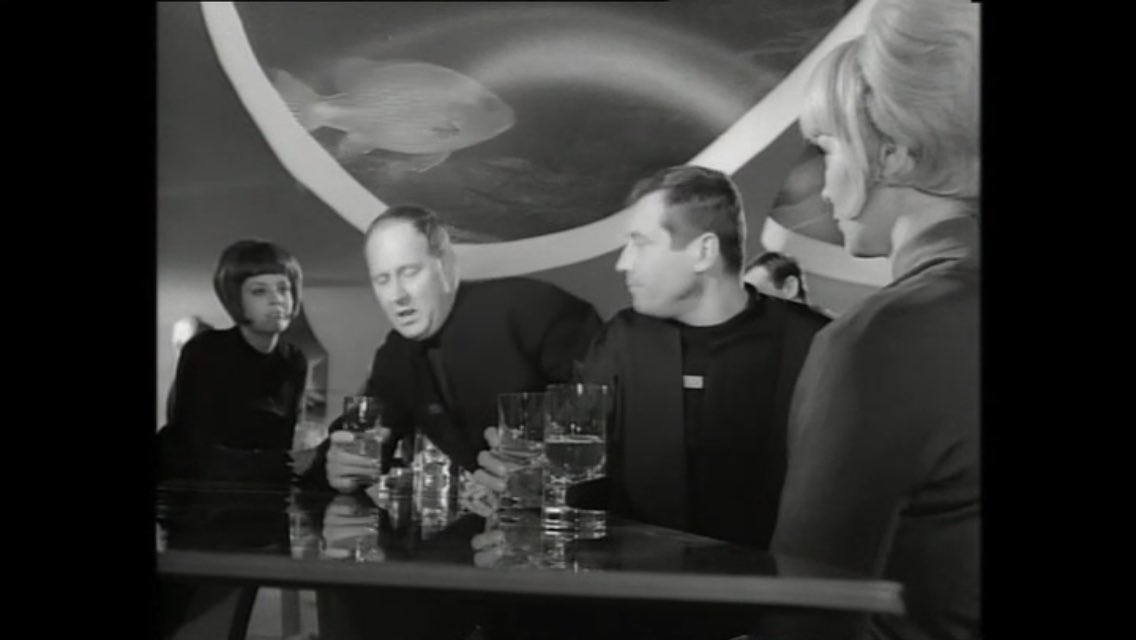
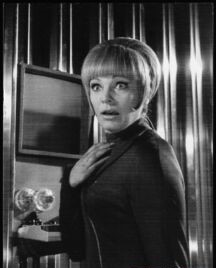
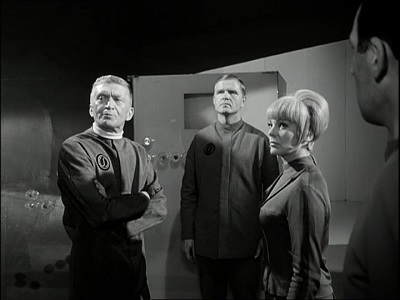
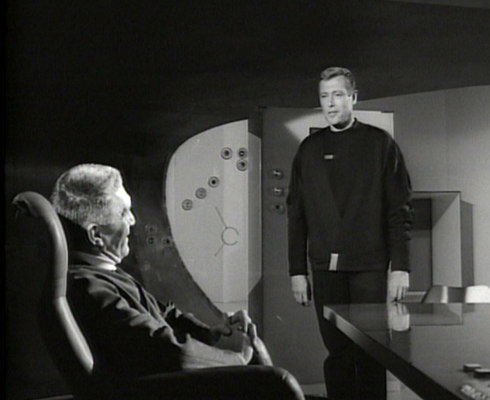
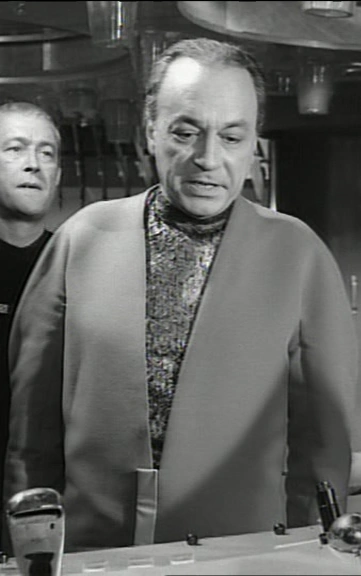
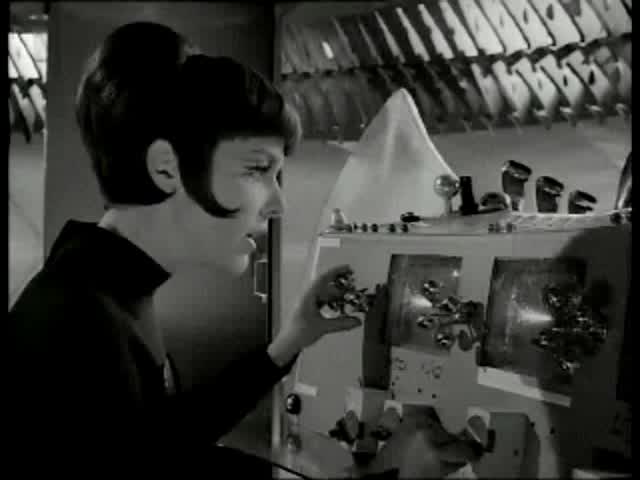
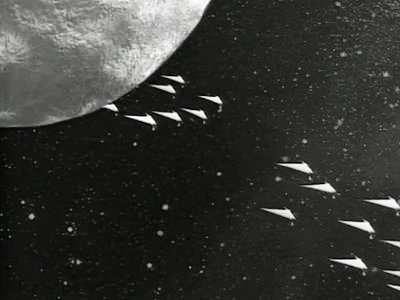
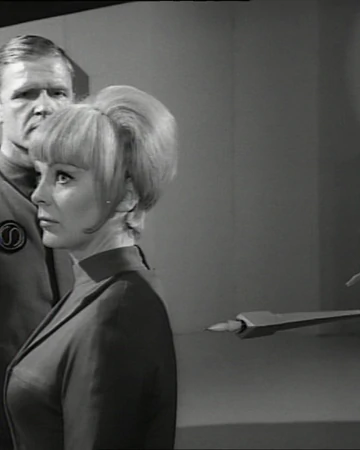
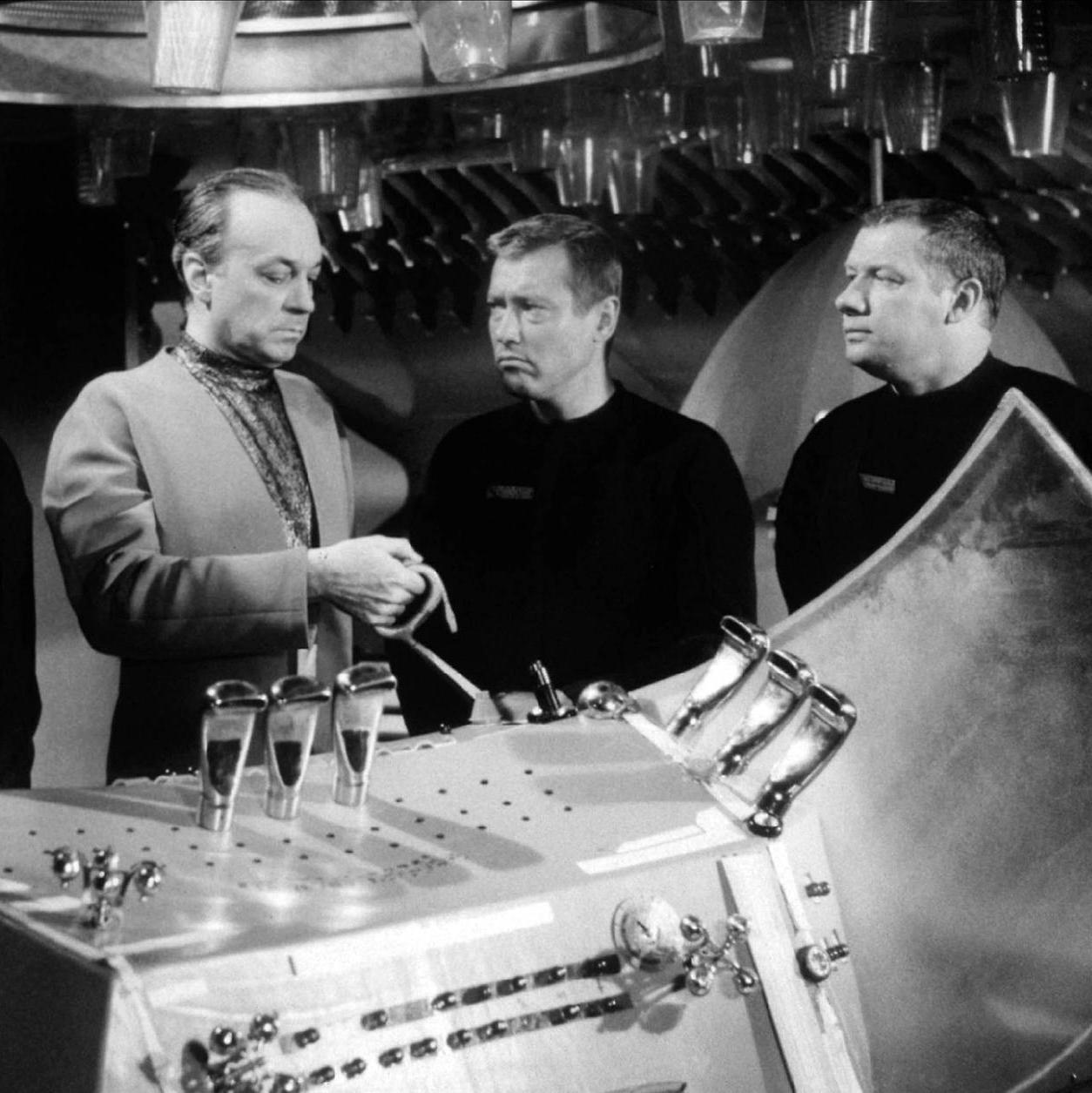
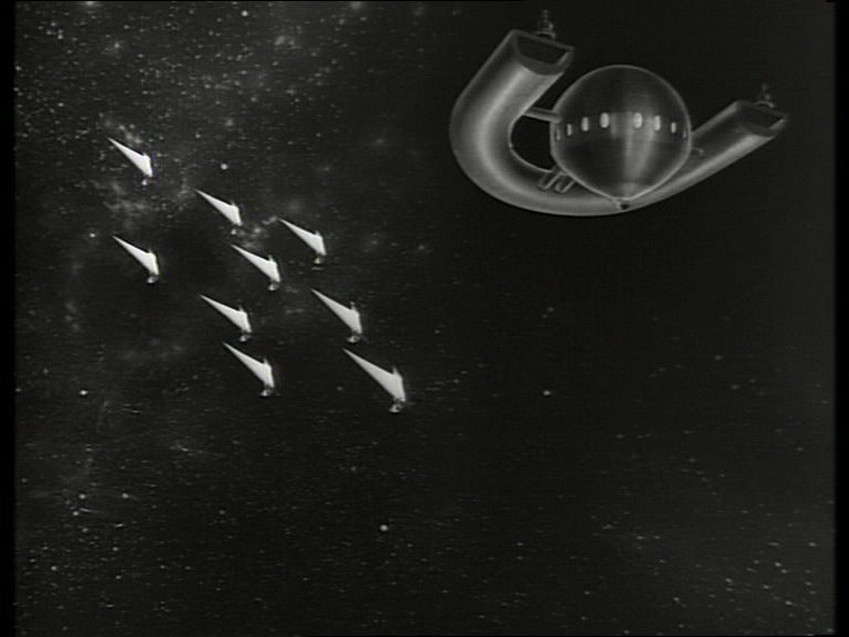
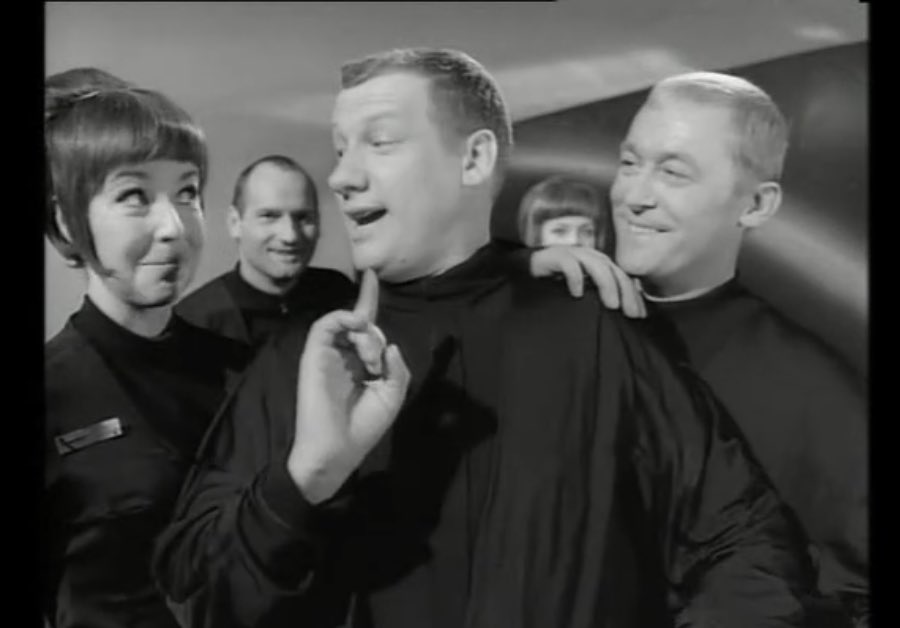
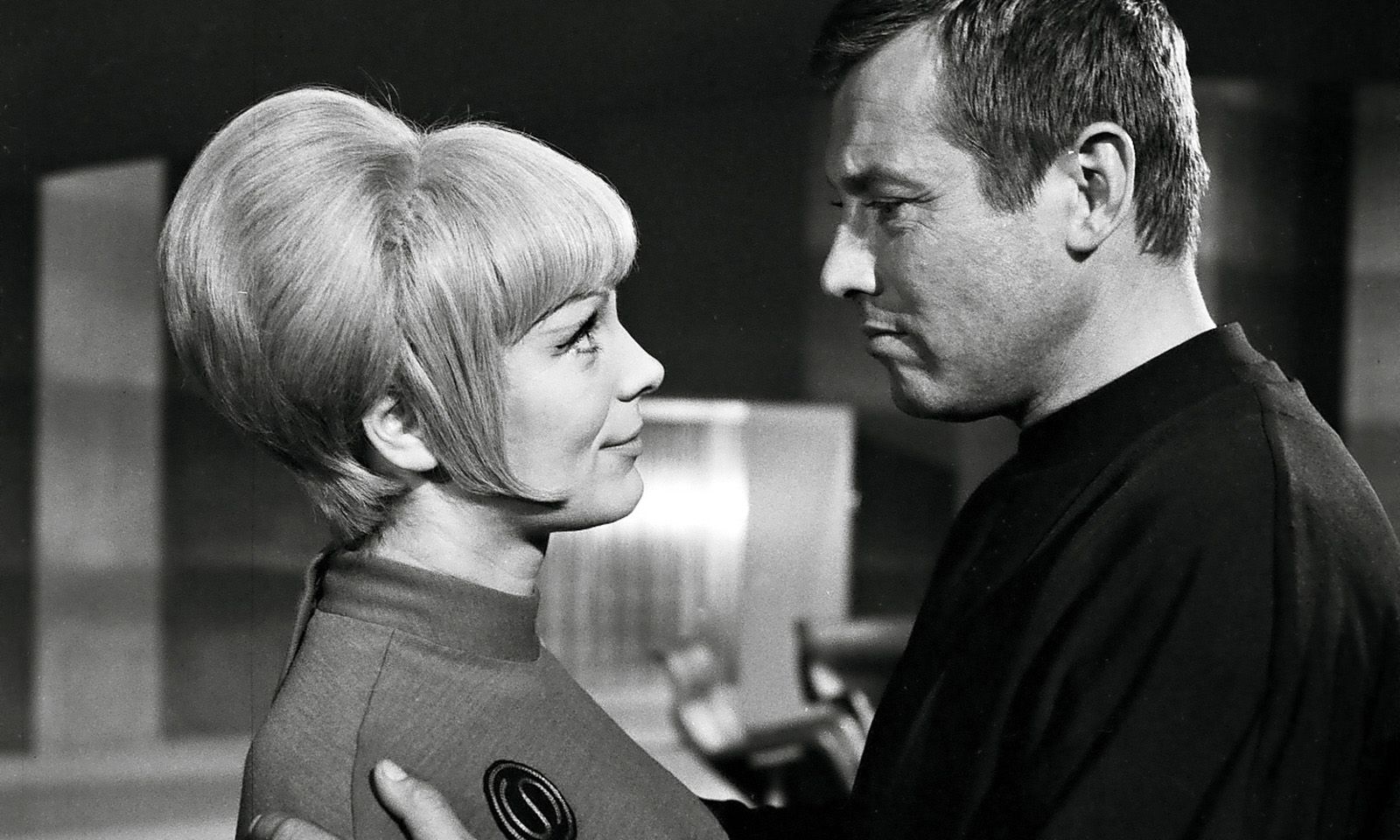






![[December 14, 1966] (<i>Star Trek</i>: The Conscience of the King)](https://galacticjourney.org/wp-content/uploads/2021/12/661214title-672x372.jpg)
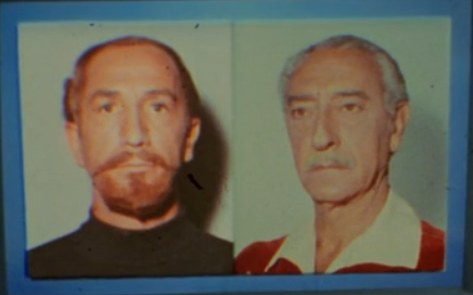


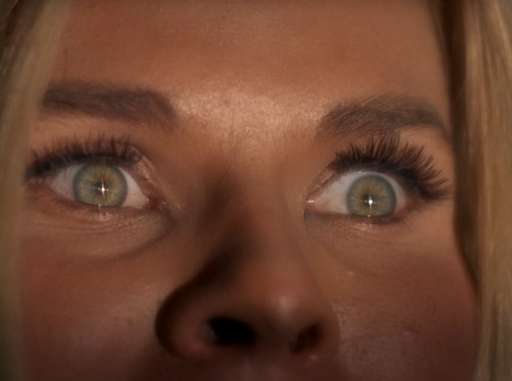







![[December 12, 1966] An Explosive Ending (<i>Doctor Who</i>: The Power Of The Daleks [Part 2])](https://galacticjourney.org/wp-content/uploads/2021/12/661212assemblyline-672x372.jpg)

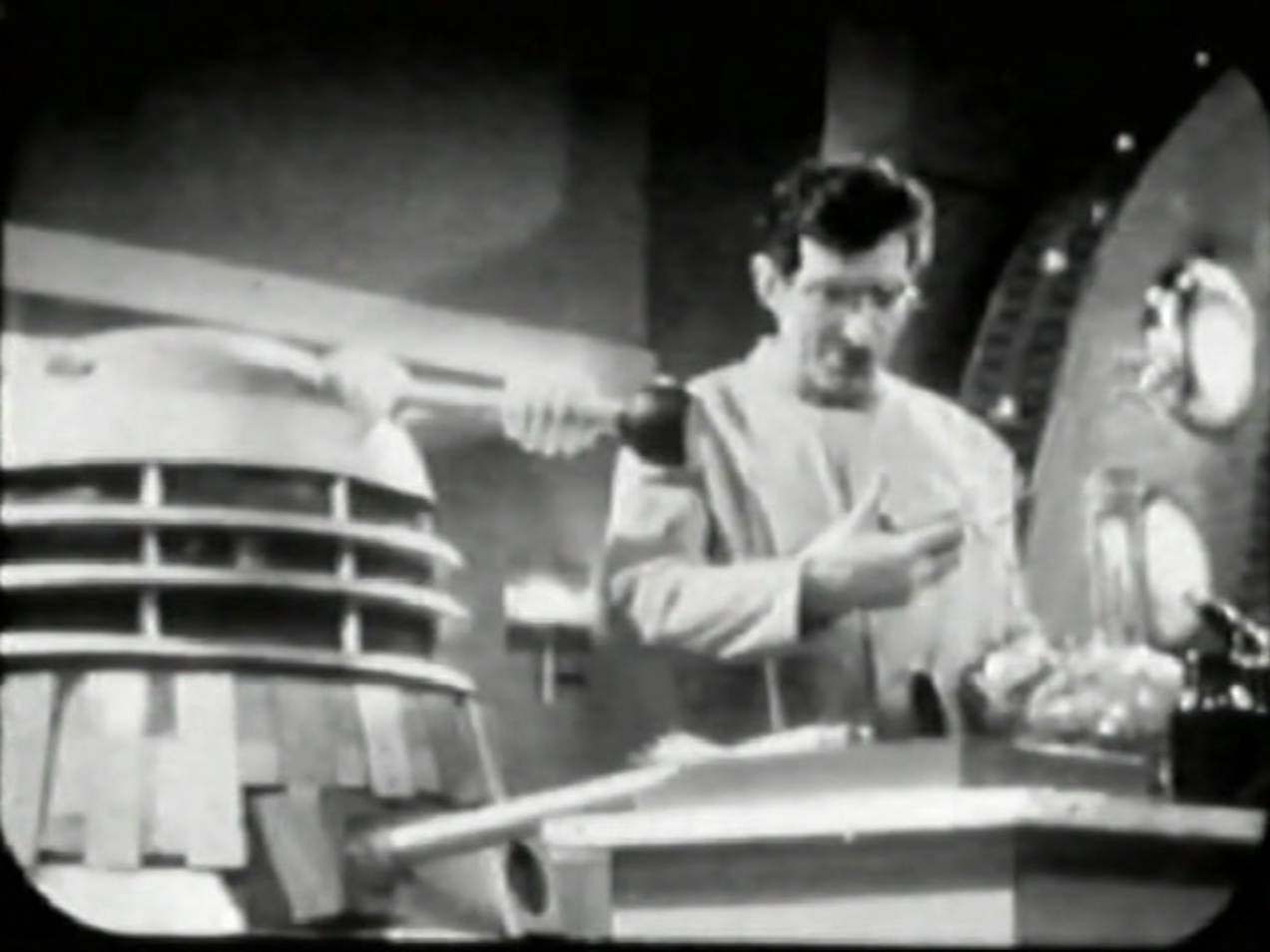
![[December 6, 1966] Welcome to the Space Prison: <i>Space Patrol Orion</i>, Episode 6: "The Space Trap"](https://galacticjourney.org/wp-content/uploads/2021/12/091120-1731-orion-672x372.jpg)
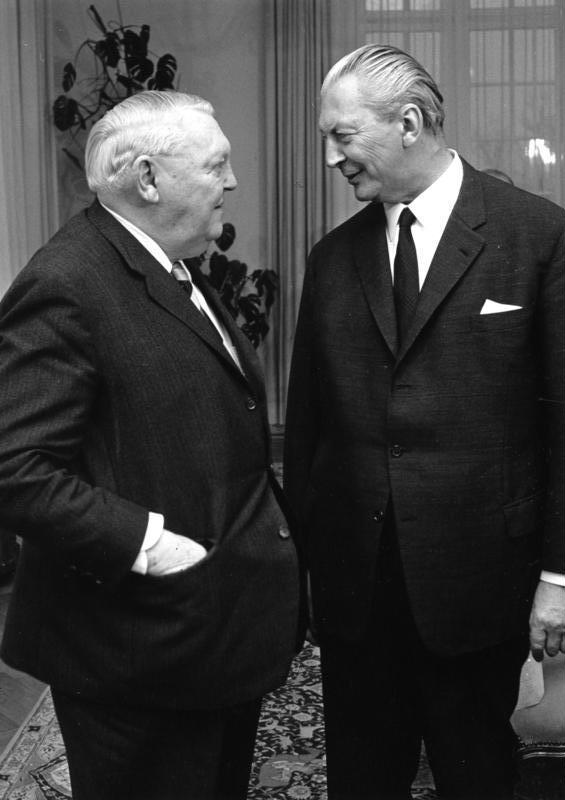
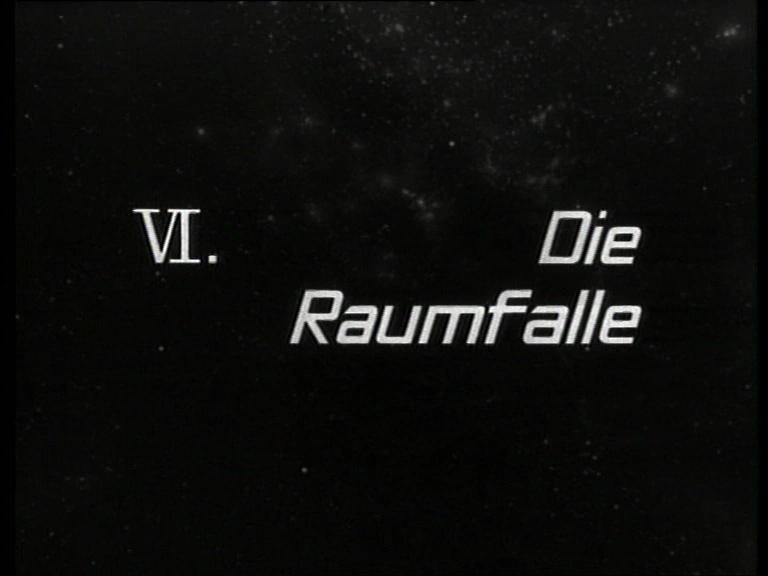
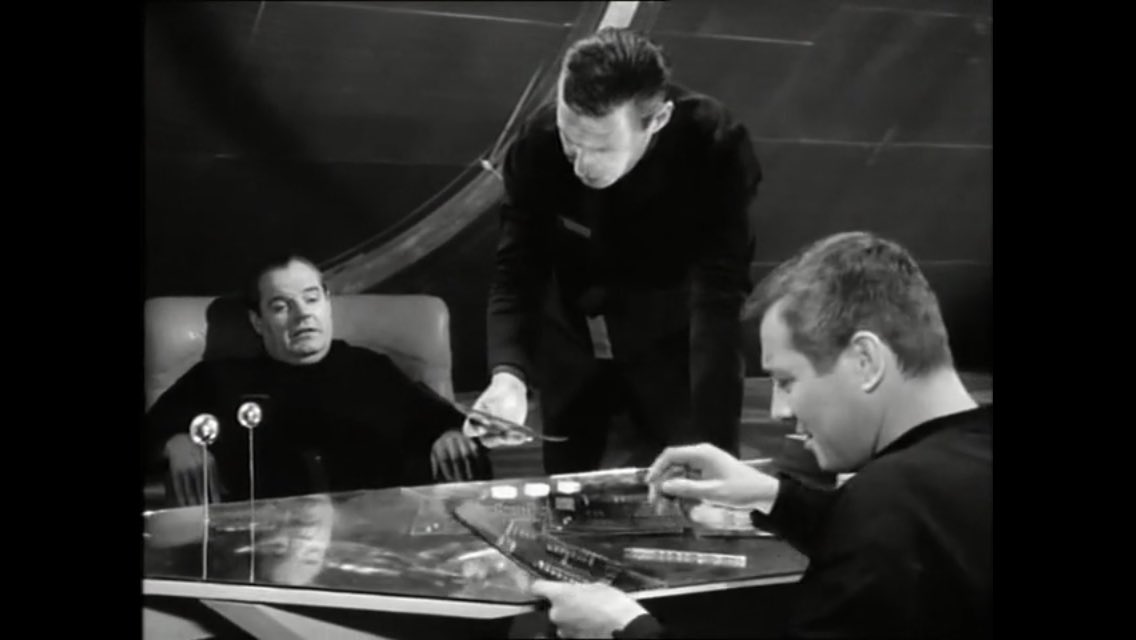
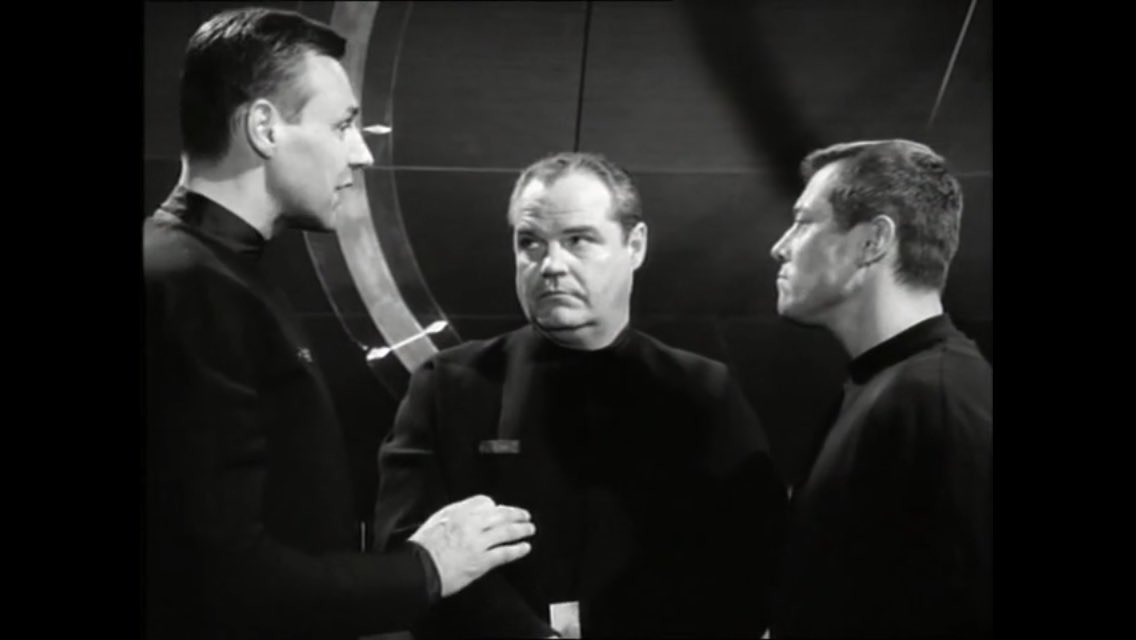
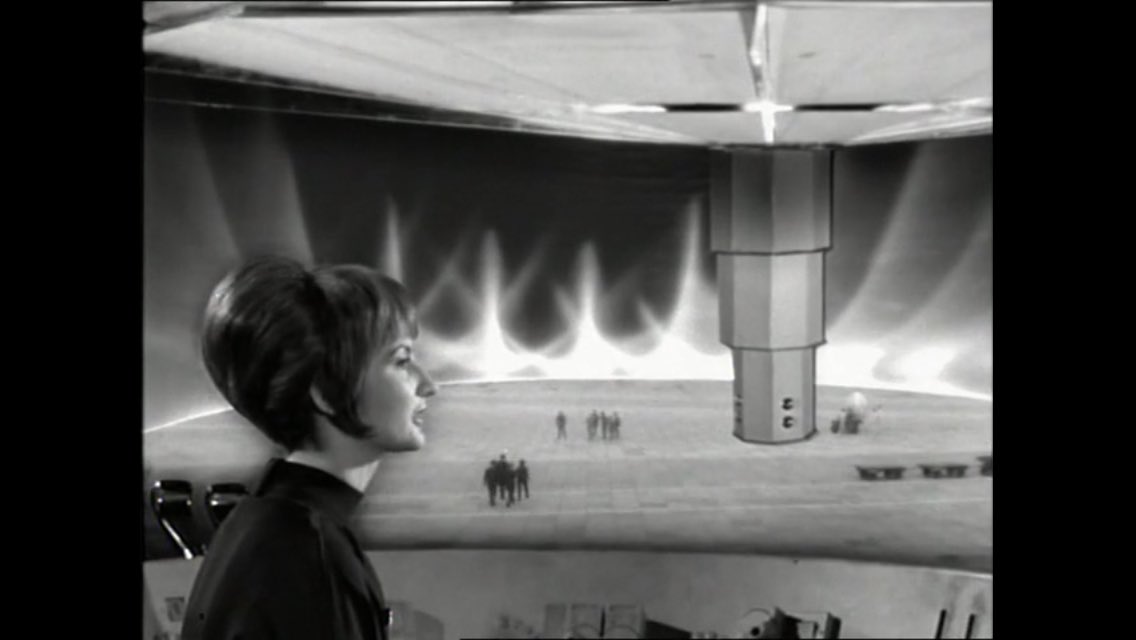
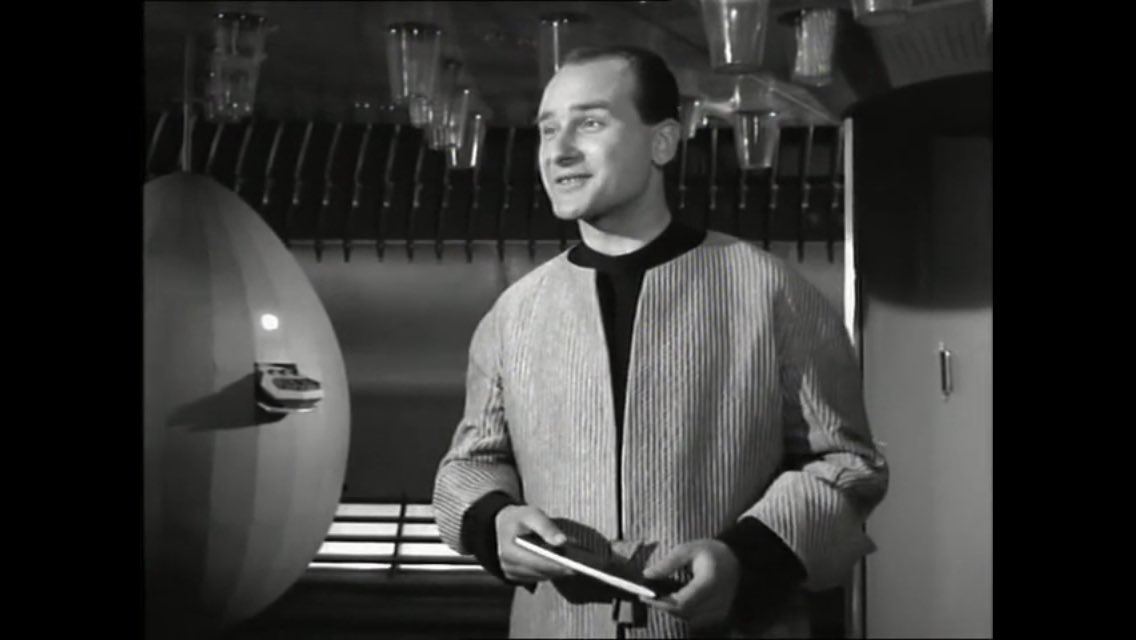
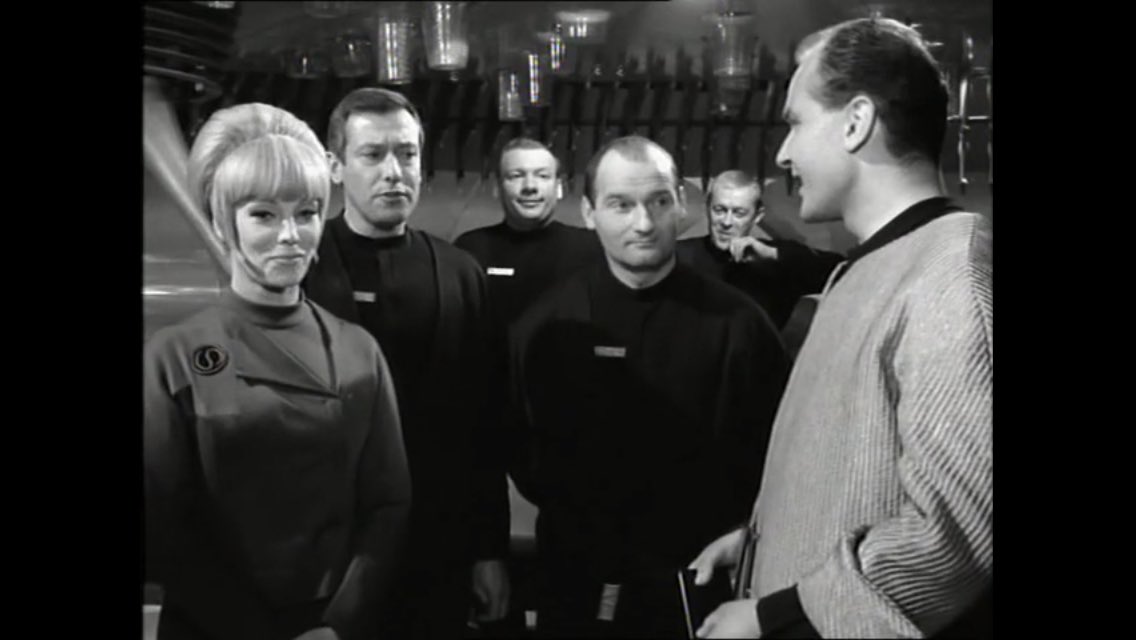
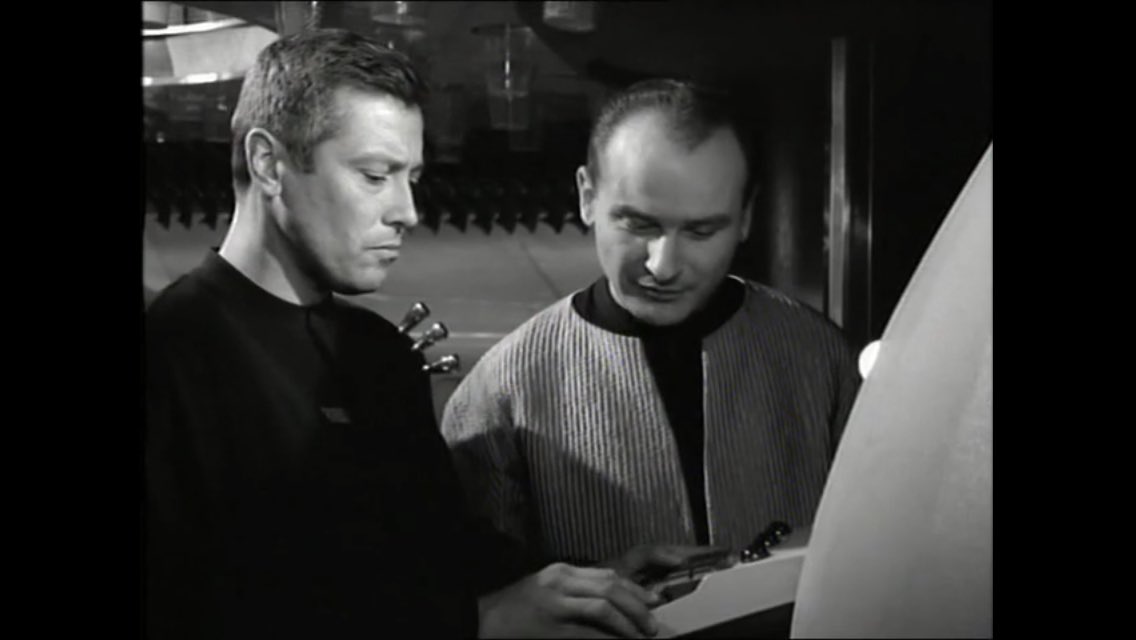
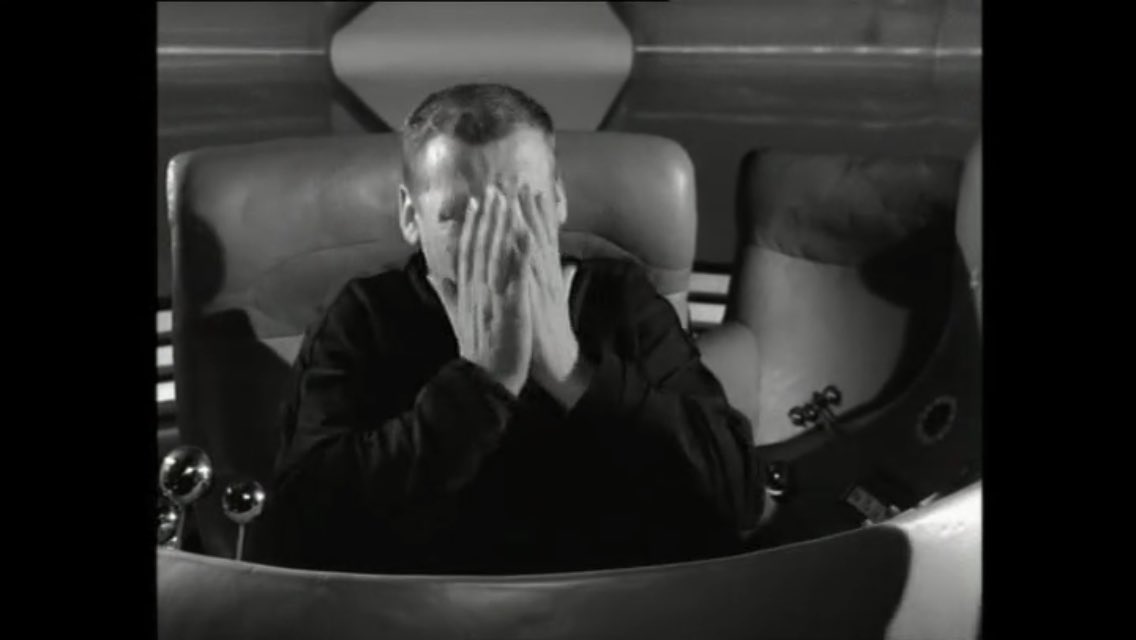
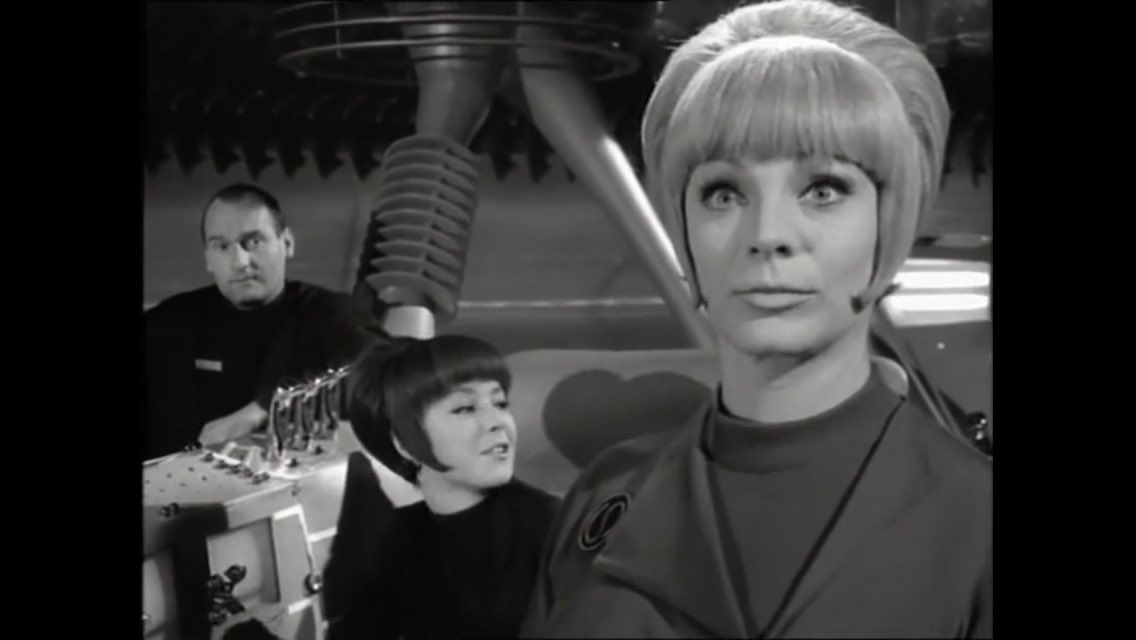
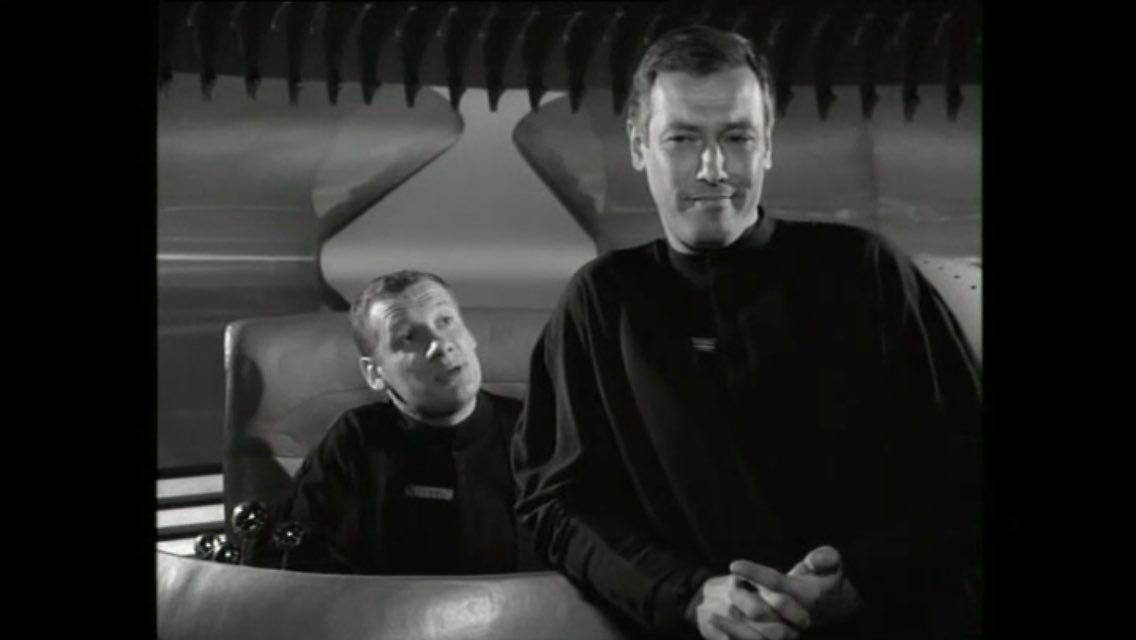
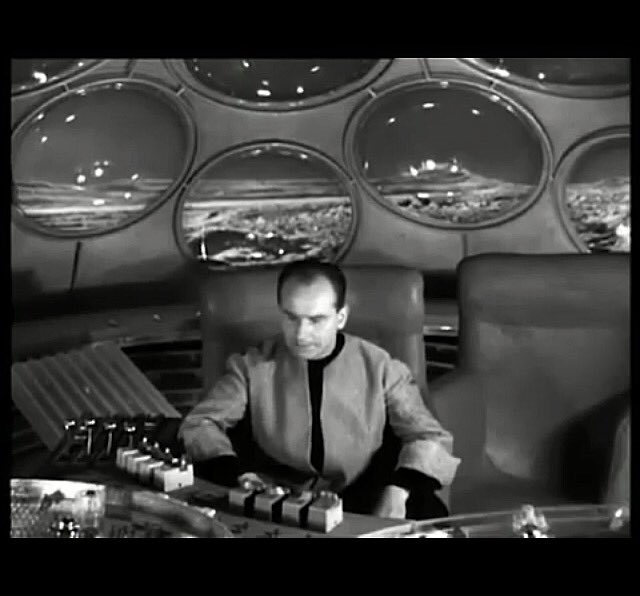

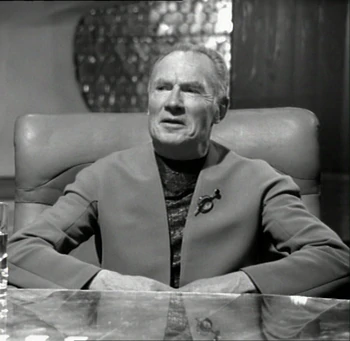

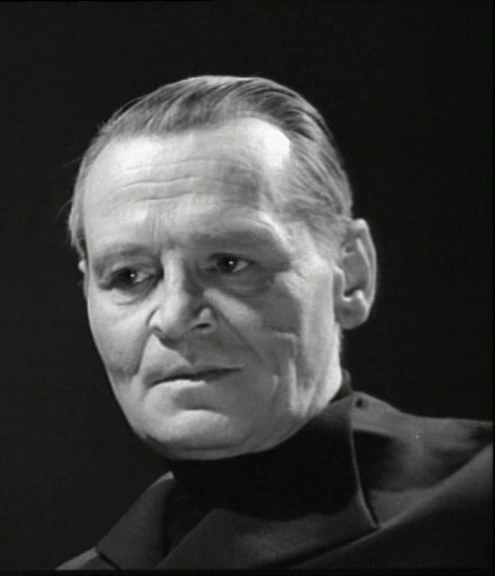


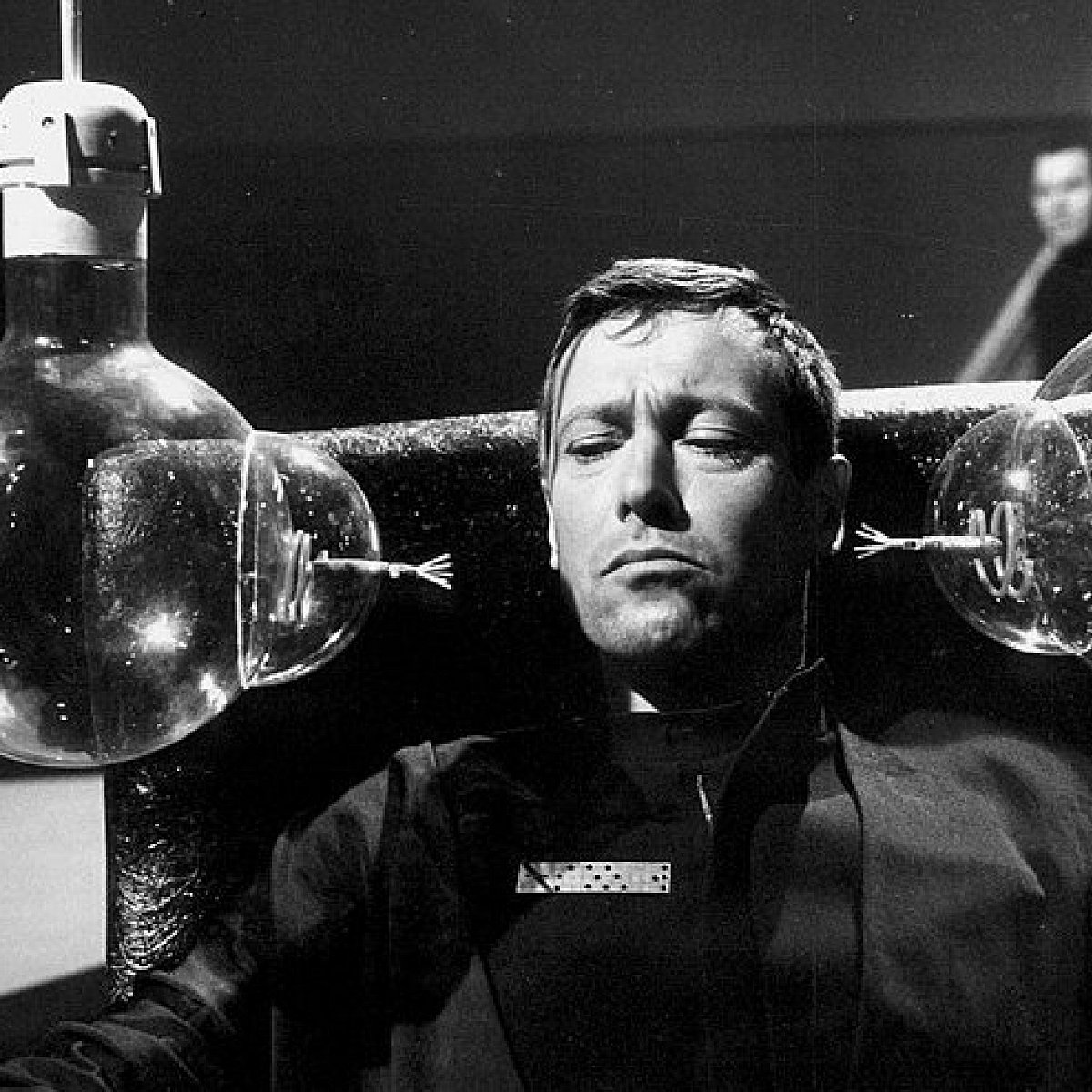
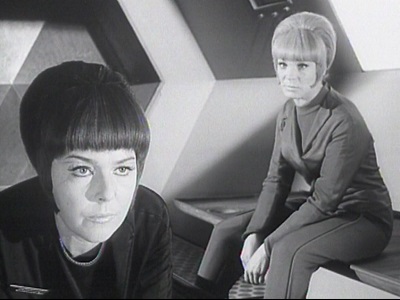
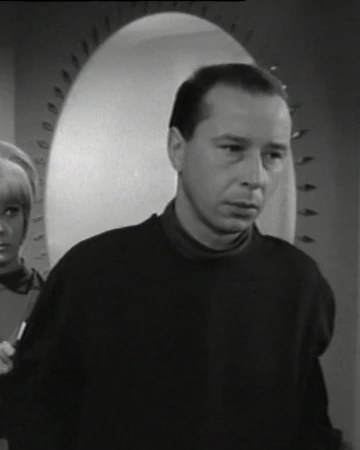
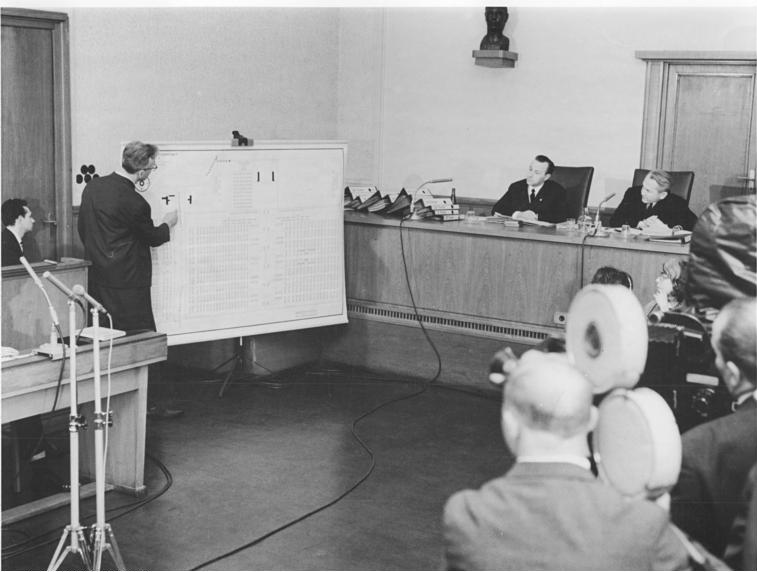
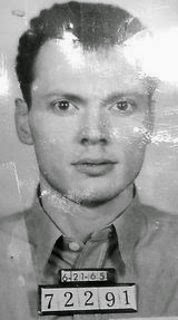



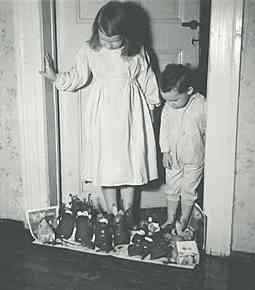
![[December 4, 1966] Riddle wrapped in an enigma (<i>Star Trek</i>: "The Menagerie")](https://galacticjourney.org/wp-content/uploads/2021/11/661204title-672x372.jpg)

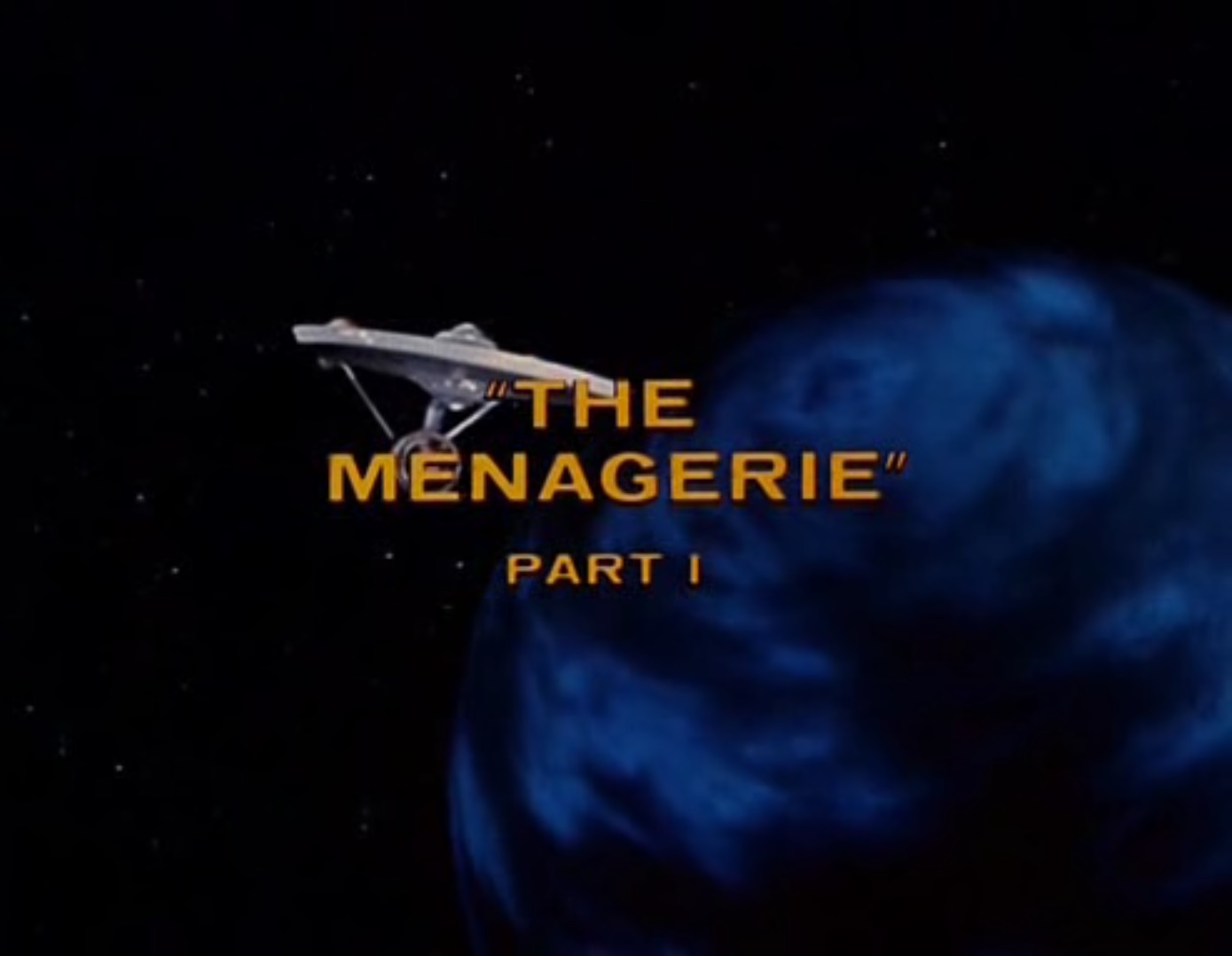
![[November 20 1966] Doctor…Who? (<i>Doctor Who</i>: The Power Of The Daleks [Part 1])](https://galacticjourney.org/wp-content/uploads/2021/11/661120newdoc-672x372.jpg)
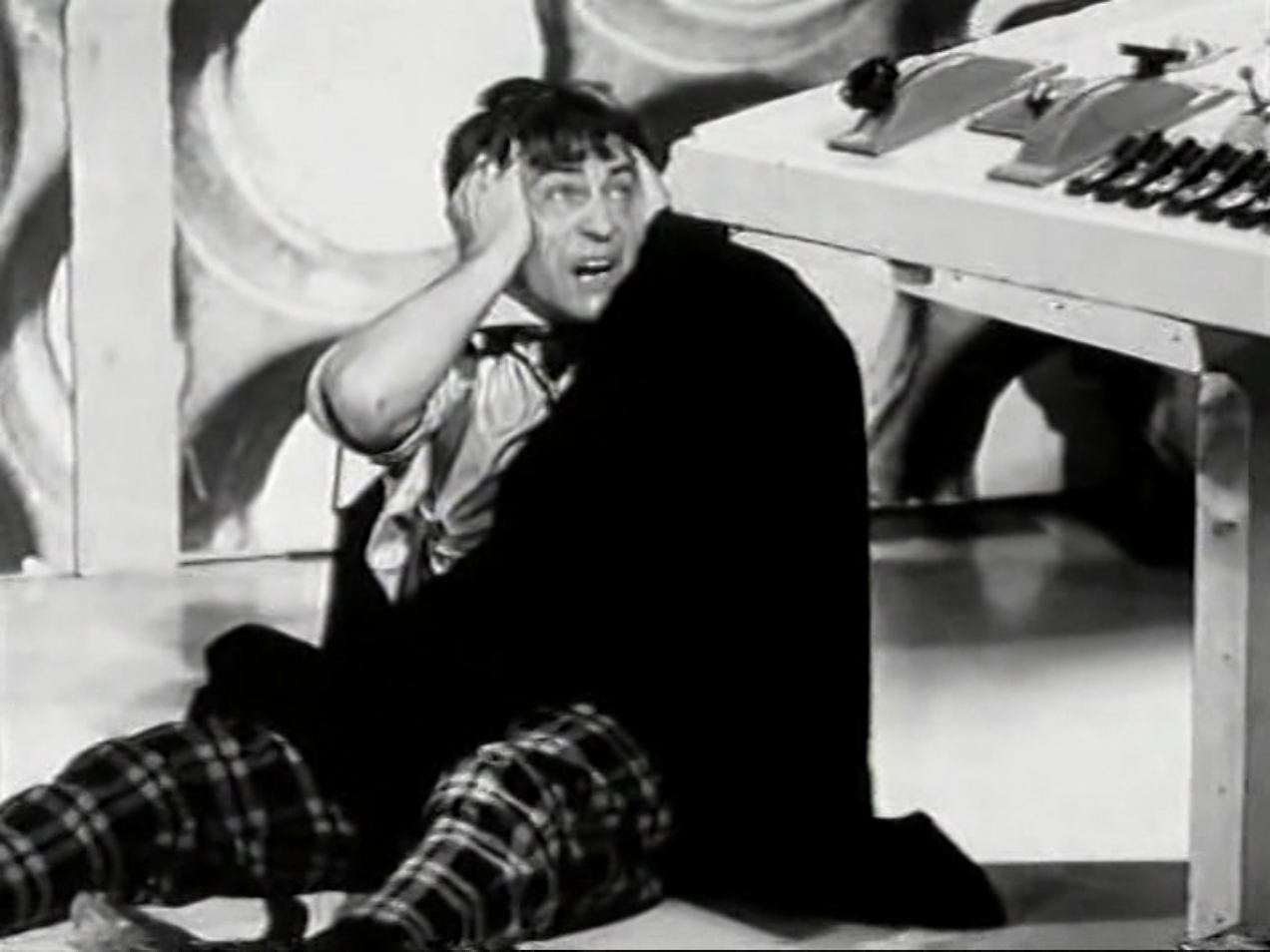
![[November 18, 1966] Environmental Disasters and the War of the Sexes: <i>Space Patrol Orion</i>, Episode 5, "Battle for the Sun"](https://galacticjourney.org/wp-content/uploads/2021/11/bb8a1e7c8e28399a08522ff2dc9b9cff-672x372.jpg)




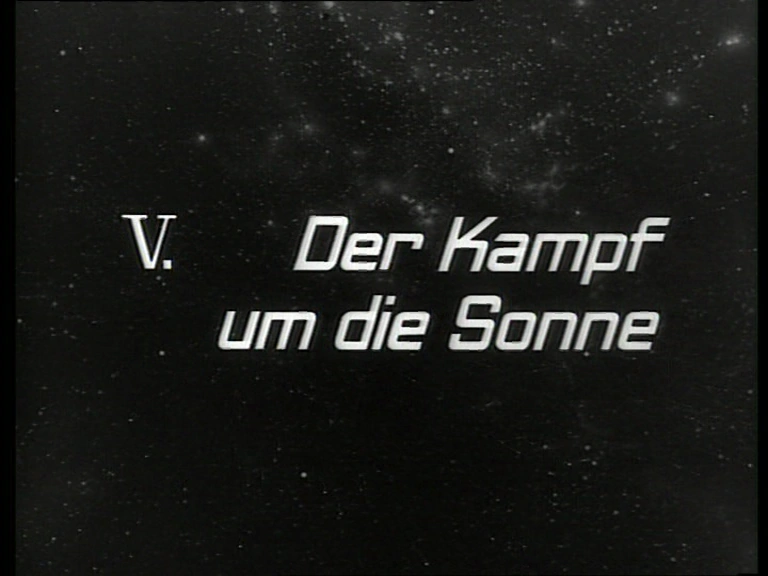
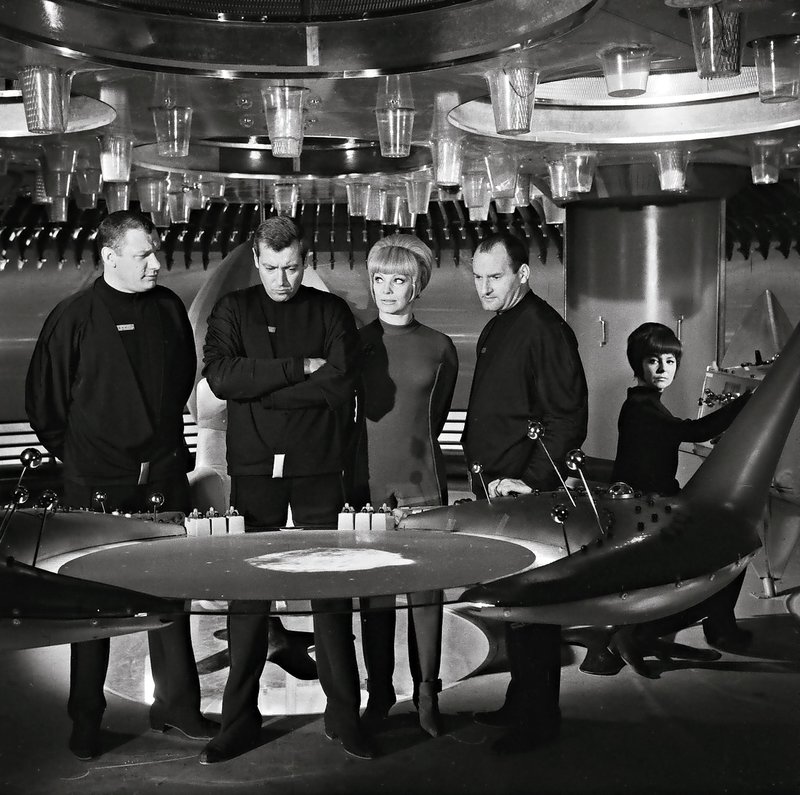
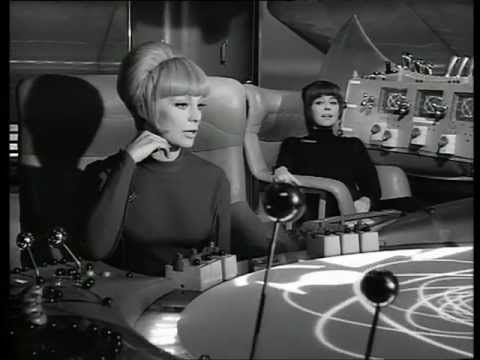
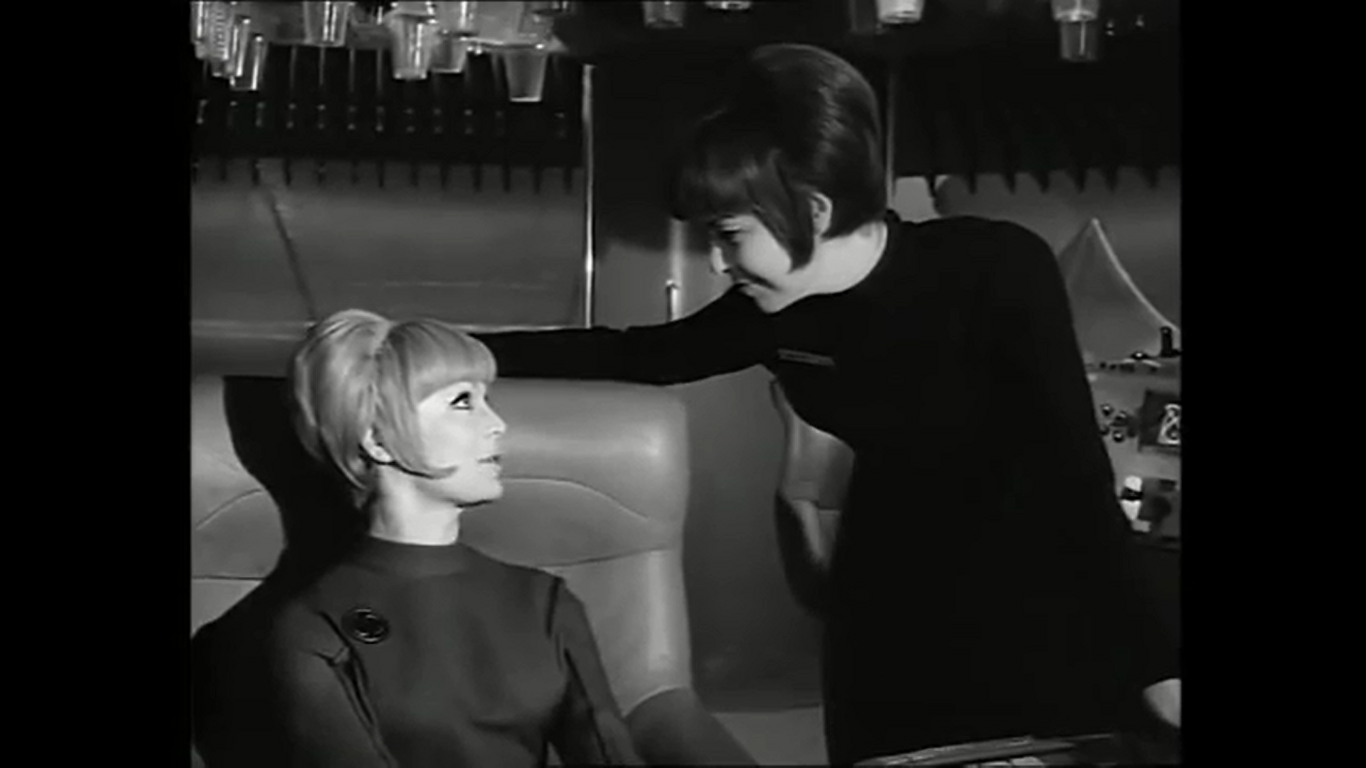
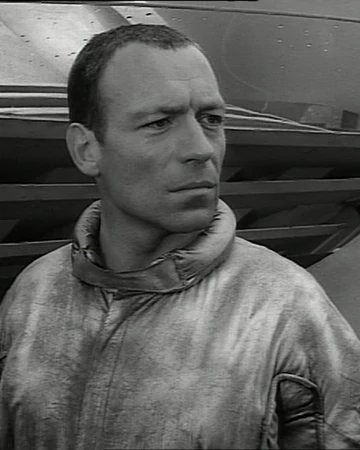
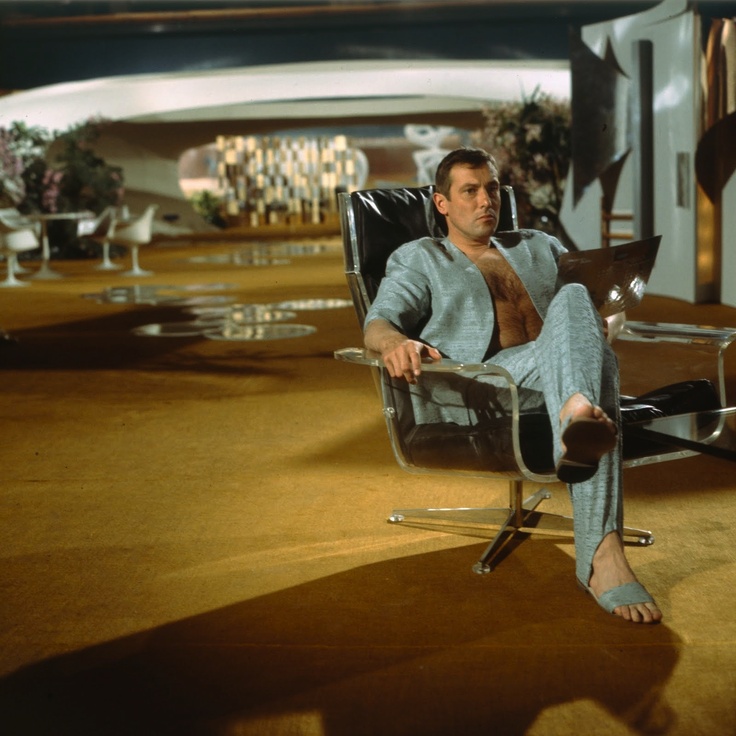
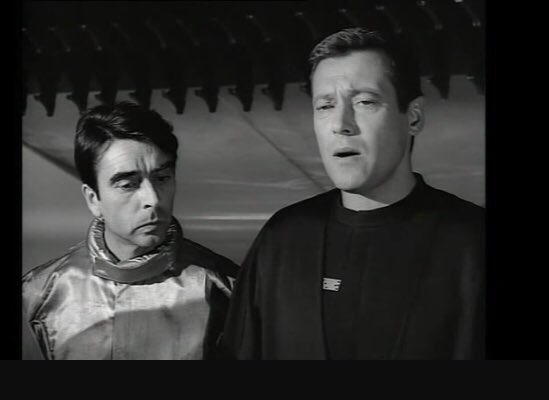
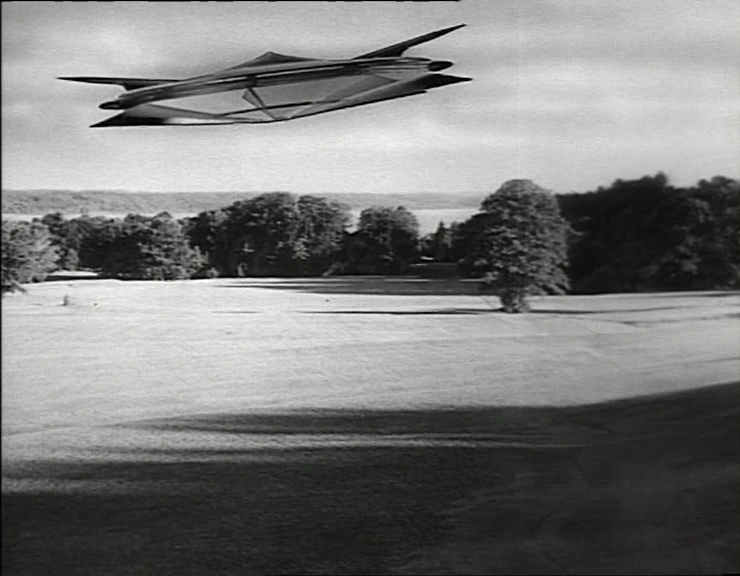
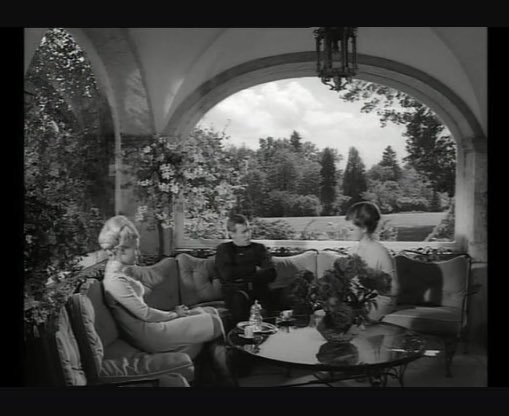
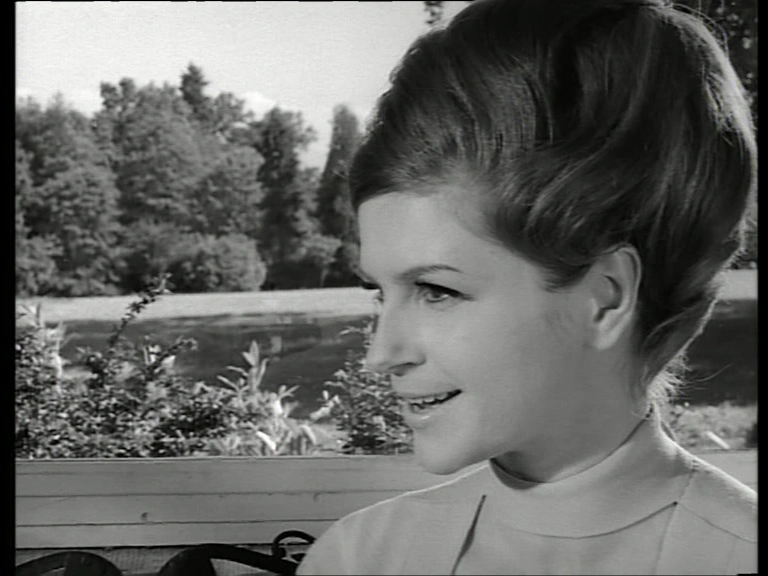
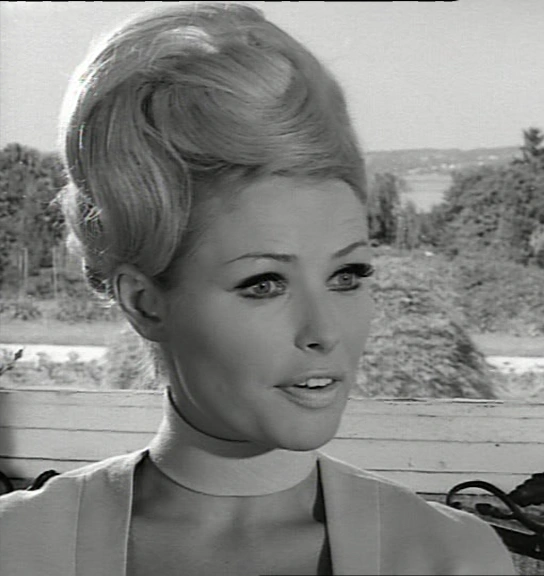

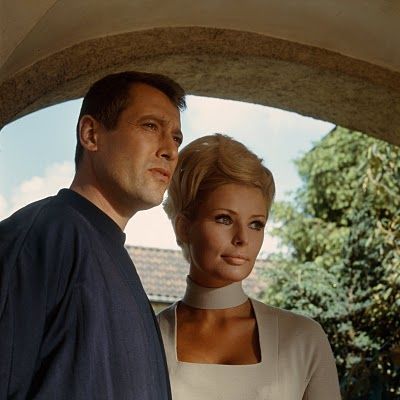
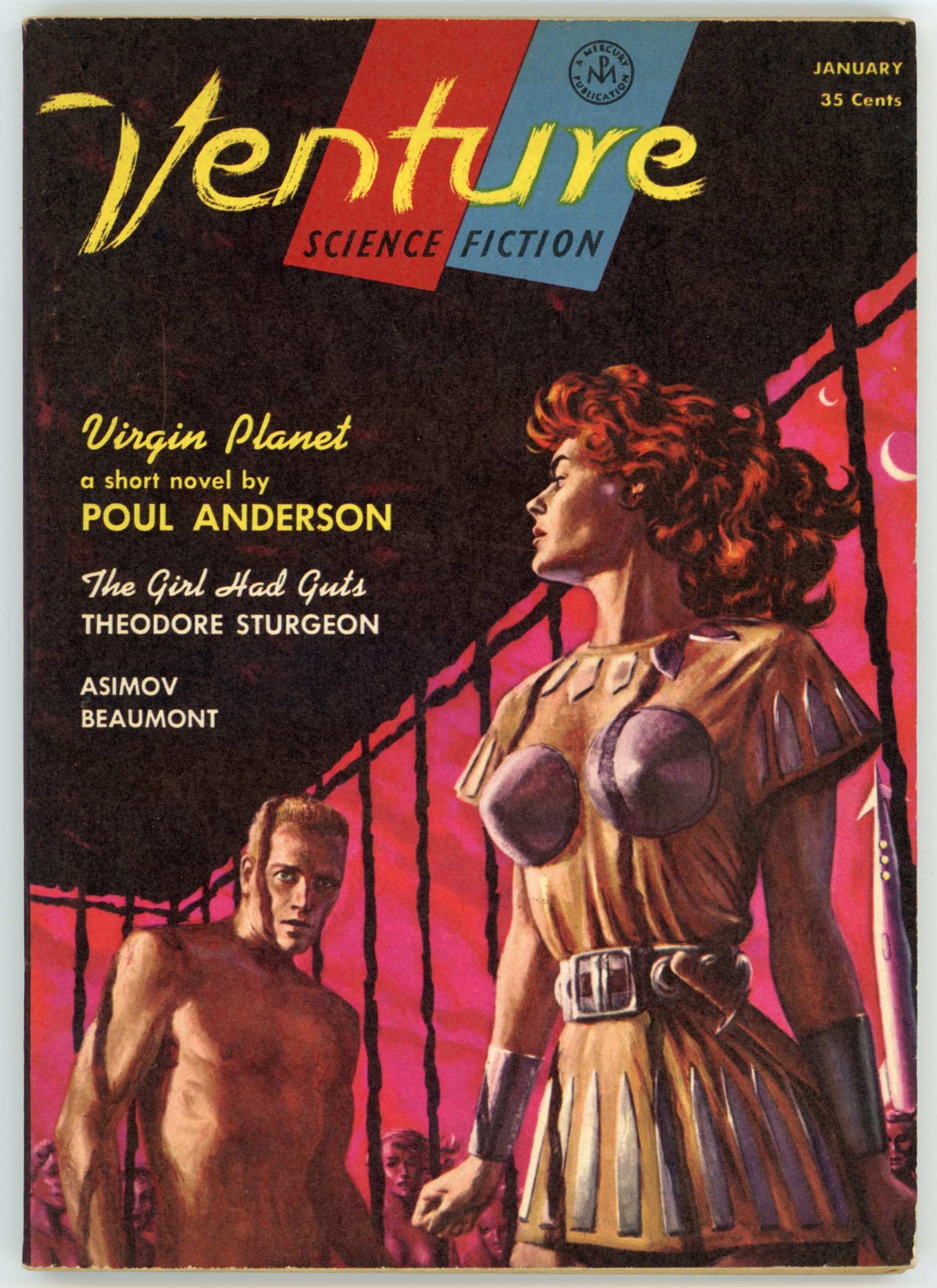
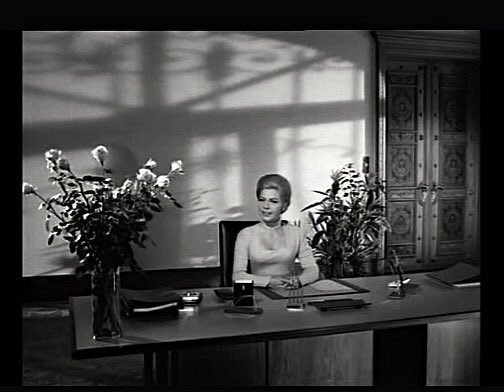
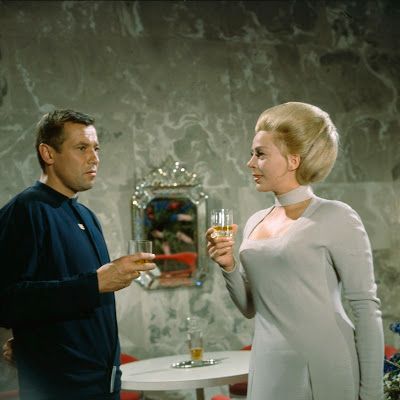
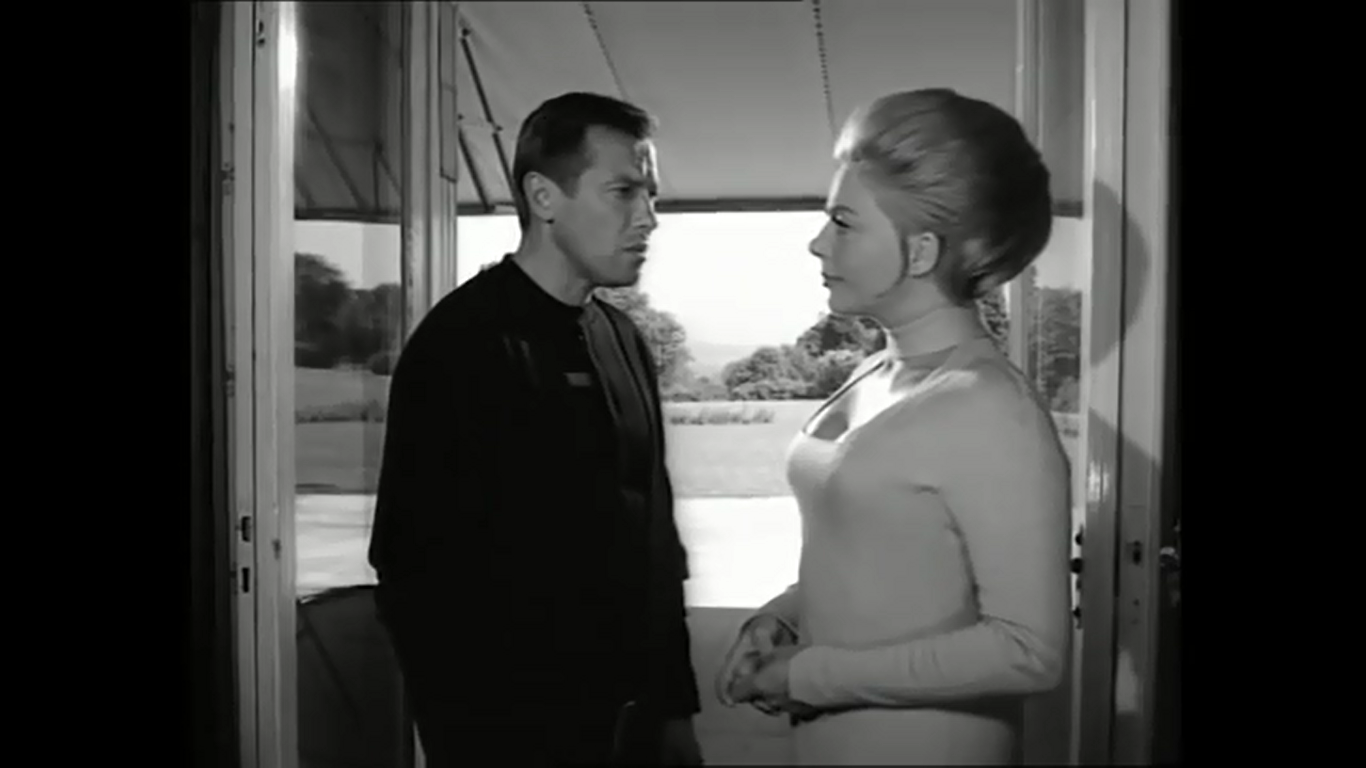
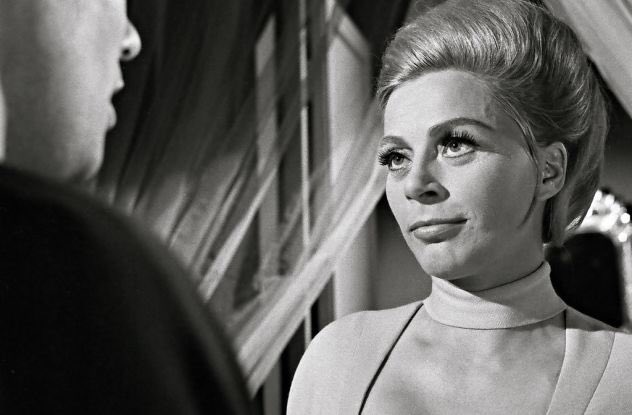
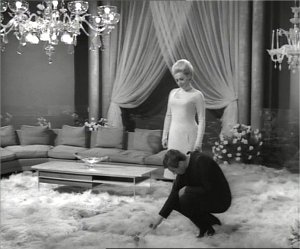
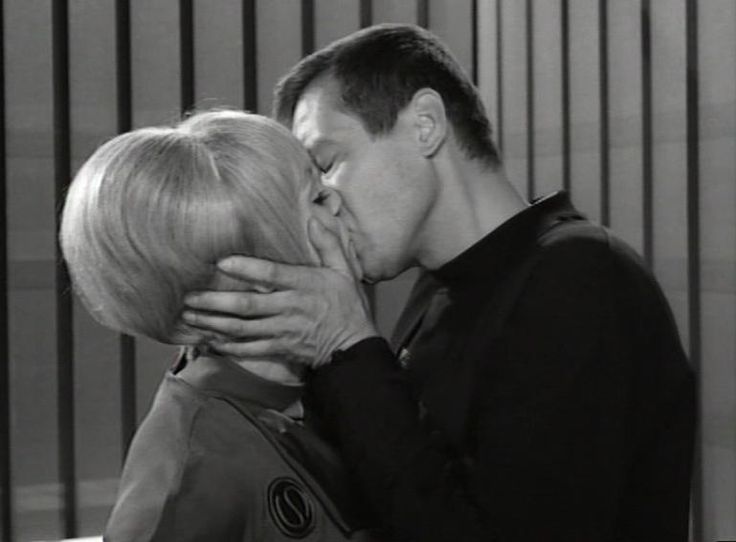
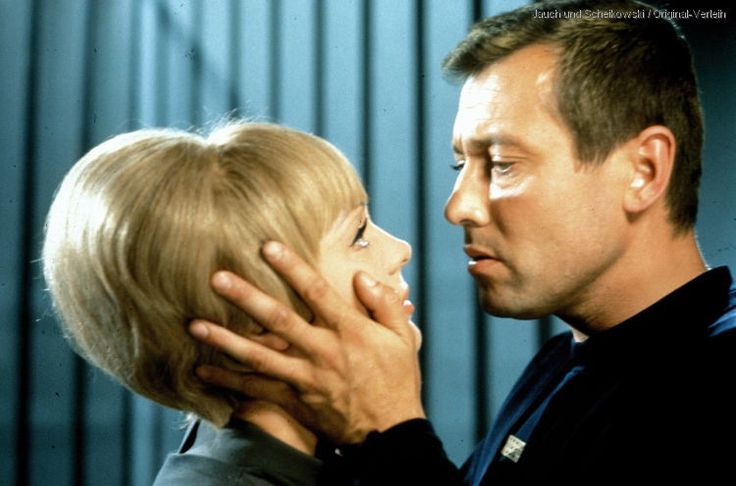

![[November 14, 1966] <i>Star Trek</i>: "The Corbomite Maneuver"](https://galacticjourney.org/wp-content/uploads/2021/11/661114title-672x372.jpg)
